
meet our team
Meet the people who go beyond for founders
Our team has received notable industry recognition with inclusion in the Forbes Midas List, New York Times and CB Insights Top 100 Venture Capitalists, TechCrunch’s VC of the Year Award, and more.
Investment & Operations
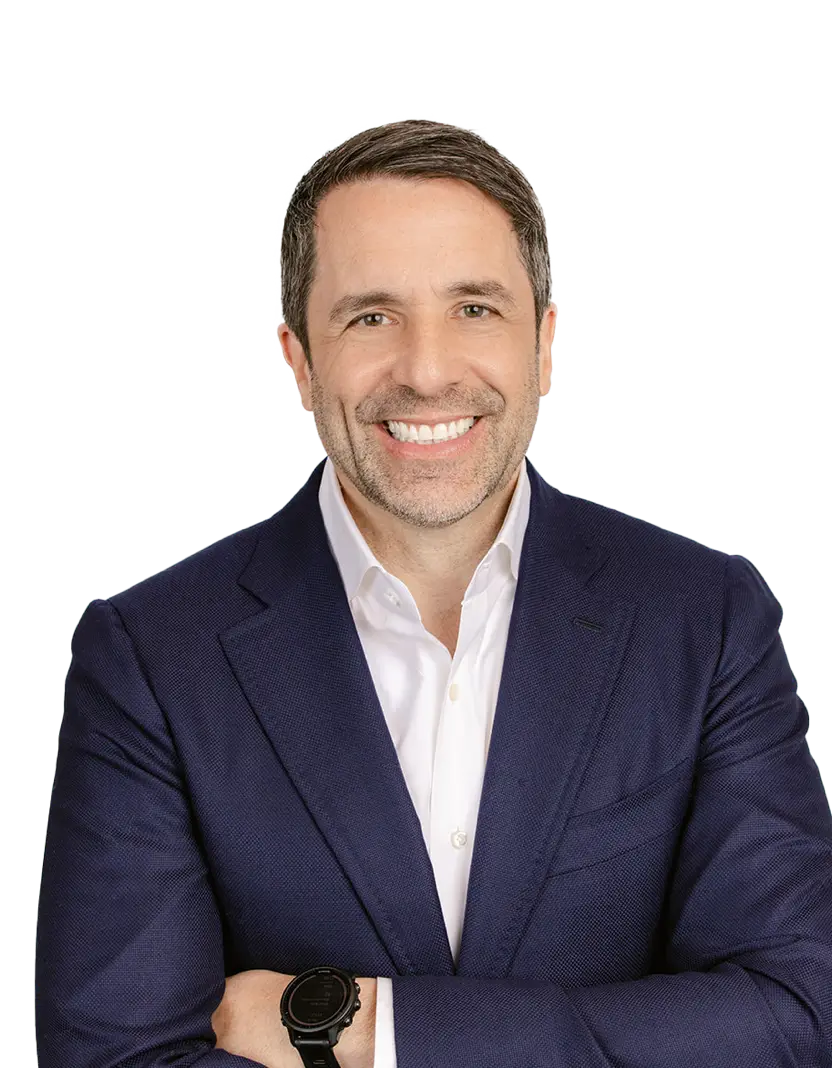
Stuart Peterson
Managing Partner
Stuart Peterson is the Founder and Managing Partner of ARTIS.
Recognition: Forbes Midas List, NY Times and CB Insights Top 100 VC’s, TechCrunch VC of the Year Finalist.
Investments & Boards: OutPace Bio, RadAi, Unnatural Products (UNP), OPYN Health, Doctronic, Seed Health, Conceivable Life Sciences, Aether Bio, Cure Group GmbH, TAE Life Sciences, Affect Therapeutics, Cohesity, Versa Networks, StemCentrx (Acquired by Abbvie), YouTube (Acquired by Google), IDbyDNA (Acquired by Illumina), Palantir (IPO), Nimble Storage (IPO), Aruba Networks (IPO) and more.
Cofounded: FIG (Food is Good) and ONTO Fertility
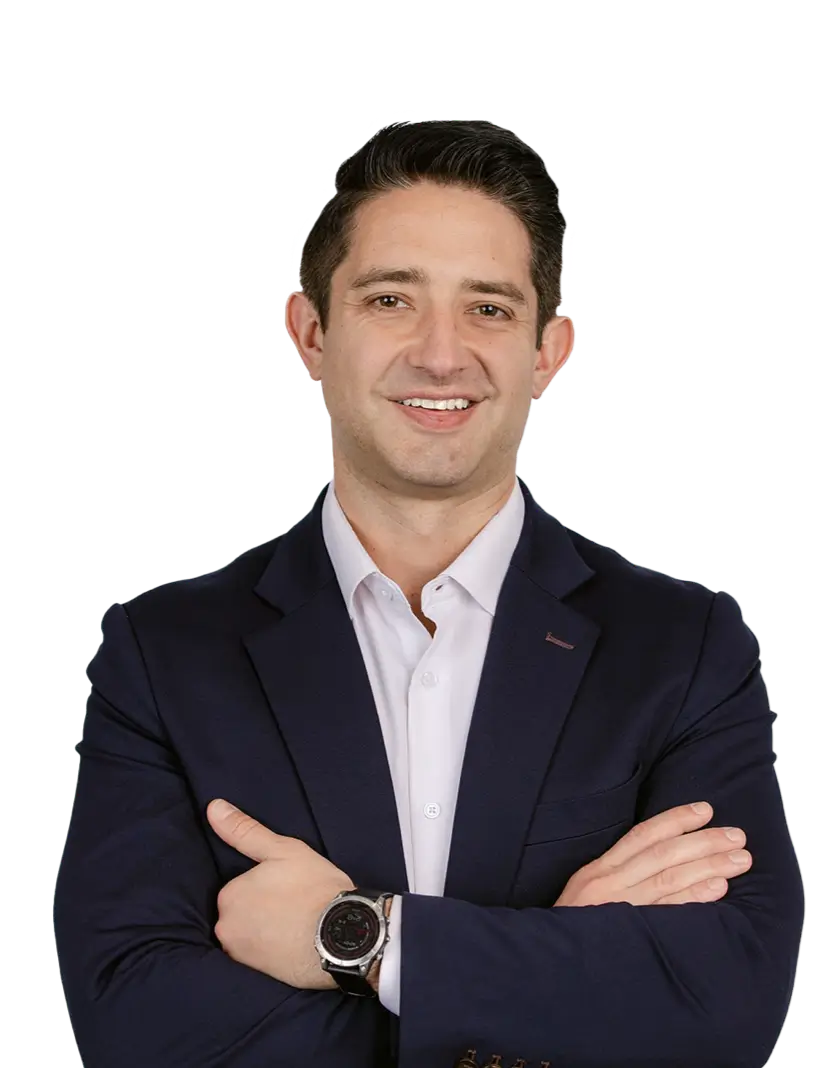
Austin Walne
Senior Partner
Austin Walne is a Partner at ARTIS Ventures.
Austin is focused on investing in breakthrough technologies, primarily at the convergence of technology and biology. Before ARTIS, he advised institutional investors in the secondary market for private company shares and held positions in software development and product management in a variety of sectors. Previously, he managed political and public affairs campaigns at the state and federal levels for candidates, interest groups, and corporations including serving as digital director for a major presidential campaign.
Austin serves as a Board Director of Second Front Systems and is a Board Observer at Locus Biosciences. Previously, he was a Board Director at Stringify and a Board Observer at Looksharp.
Austin received his B.A. in Communication Studies from the University of Tennessee and holds FINRA Series 62, 63, 65 licenses
Investments & Boards
Locus Biosciences, Second Front Systems, Modern Meadow, Network Bio, Enklu
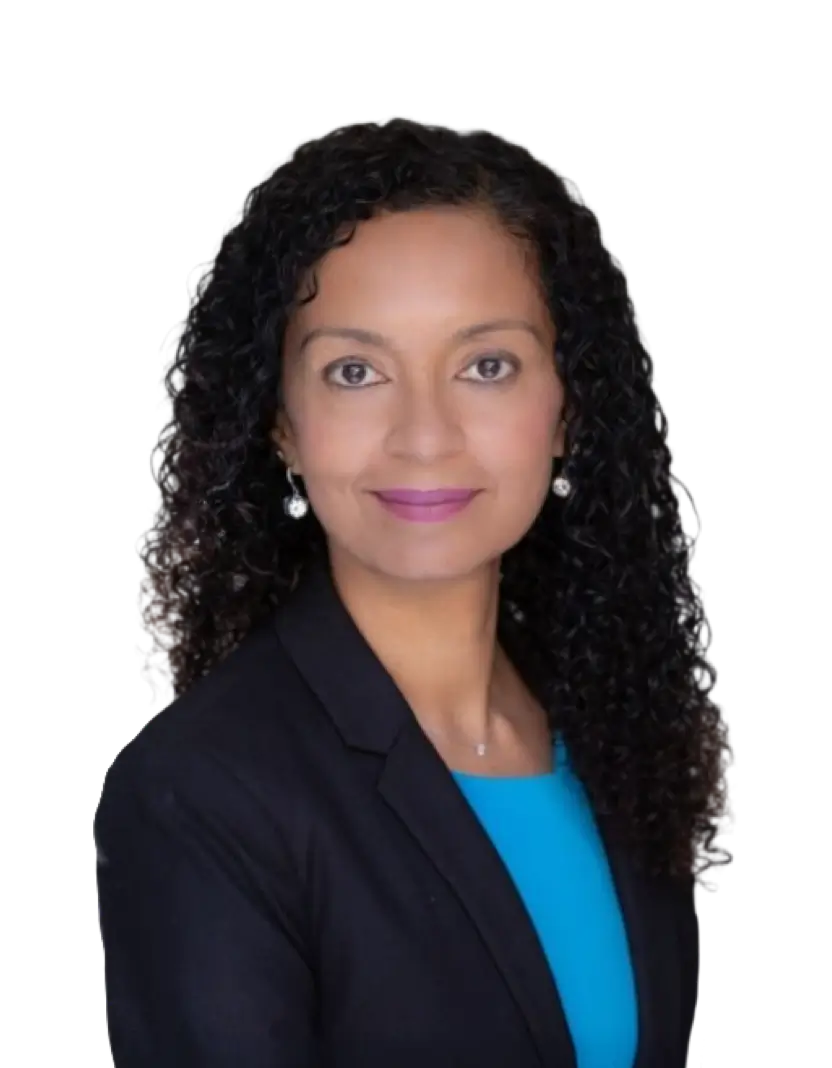
Ruchita Sinha
Senior Partner
Ruchita Sinha is a Senior Partner at ARTIS Ventures.
Ruchita is interested in the convergence of biology, healthcare, data, and AI. In an investing career spanning more than a decade, she has been involved with over 30 life science and healthcare startups including 5 IPOs, 6 acquisitions, and multiple unicorns.
Most recently, as a General Partner at AV8 Ventures, Ruchita helped drive the firm’s healthcare investment strategy and partnered with entrepreneurs to help build successful companies. She is an investor and/or board member in Phenomic AI, Think Bio, Shennon Bio, ALLIn Bio, SimBioSys, Clever Care, Axuall, Yuvo Health, CuraFi, and Flourish Health. She is also on the advisory board of the BIO Investor Forum.
Before AV8, Ruchita was an investor at Sanofi Ventures and GE Ventures, where she was named to the Global Corporate Venturing Powerlist in 2018 and 2019. She began her career as a scientist at Maxygen and then was in business roles at Pfizer and LEK Consulting.
Ruchita holds an MBA from the University of Chicago Booth School of Business, an MS in Cellular and Molecular Biology from the University of Wisconsin-Madison, and a BS in Biochemistry from Mount Holyoke College.
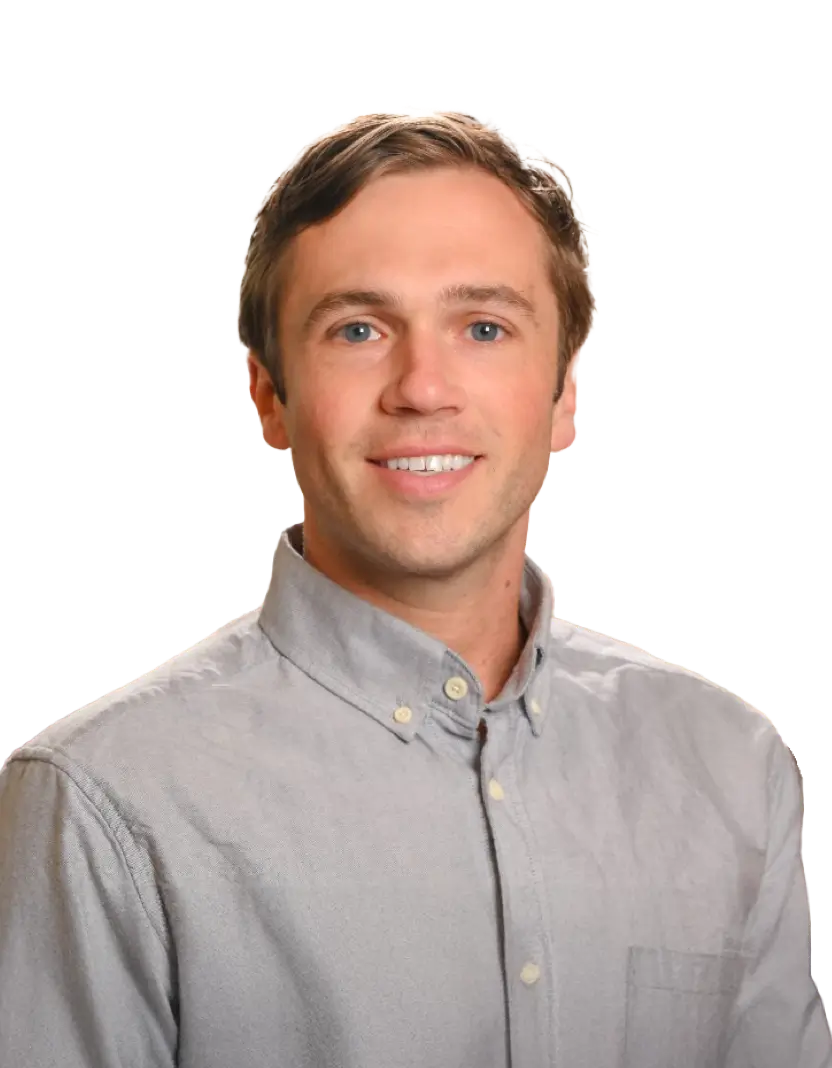
Henry Klingenstein
Partner
Henry Klingenstein is a frontier technology investor primarily focused on healthcare, fintech, and consumer. Prior to ARTIS, Henry incubated Spur Labs, a computational medicine startup building diagnostics with ML, as a researcher in Sendhil Mullainathan’s lab at the University of Chicago. Earlier in his career he worked at ARTIS portfolio company Quid, an AI market intelligence company, where he focused on healthcare and industrial applications of the technology. He also spent time as a fellow at Longitude Capital. Henry holds an MBA from the Stanford Graduate School of Business and an AB from Harvard College.
Investments & Boards
Eko, Ozlo Sleep, Climax Foods, ONI, Mytos, FIG, Glyphic, Locus
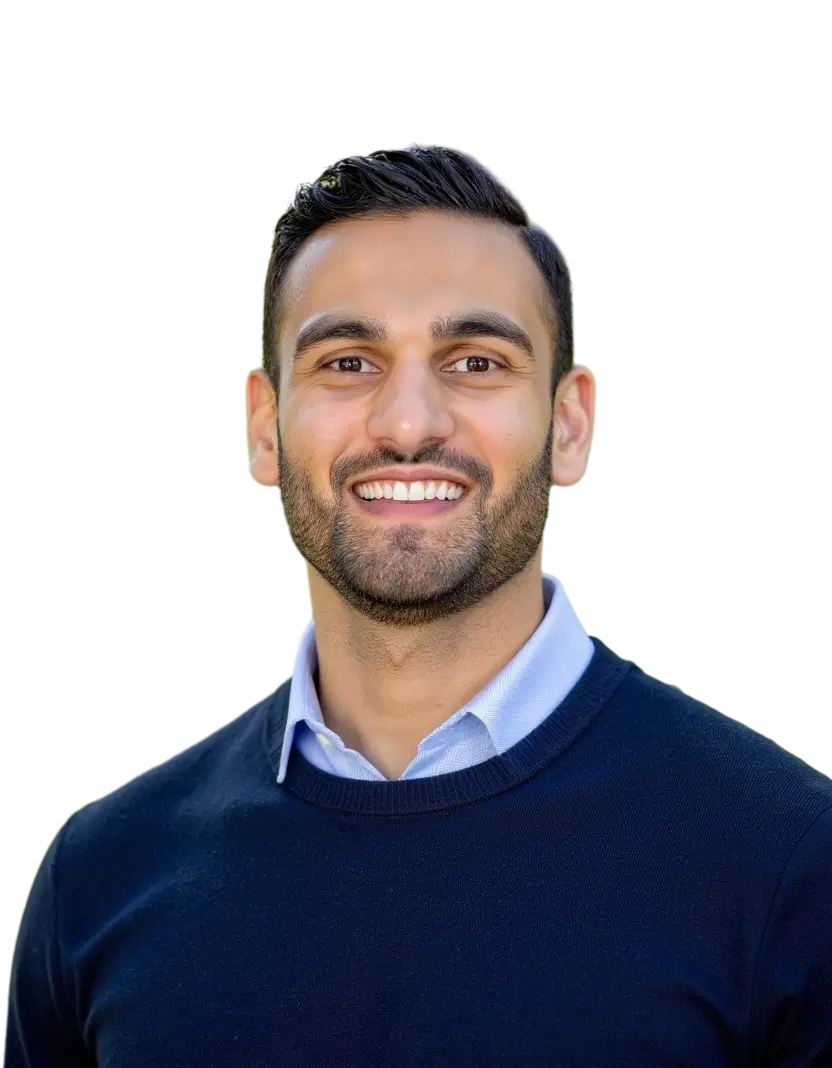
Omair Khan
Partner
Omair Khan is a Partner at ARTIS Ventures, where he focuses on early-stage investments in tech, bio, and health. He serves on multiple boards across the firm’s portfolio and closely partners with founders throughout the life cycle of their companies. Drawing on physician-scientist training and multidisciplinary experience, Omair has worked across clinical medicine, biomedical research, industry, global health, and government with interests in immunology, oncology, endometriosis, and fertility.
Omair is a recipient of the Paul & Daisy Soros Fellowship for New Americans. He completed his BS in Molecular, Cellular, and Developmental Biology and Global Health Studies at Yale University, where he was awarded the Edgar J. Poell Prize for most outstanding thesis.
Investments & Boards
Onto Health, All in Bio, OverT, and Slope
Incubated
Onto Health
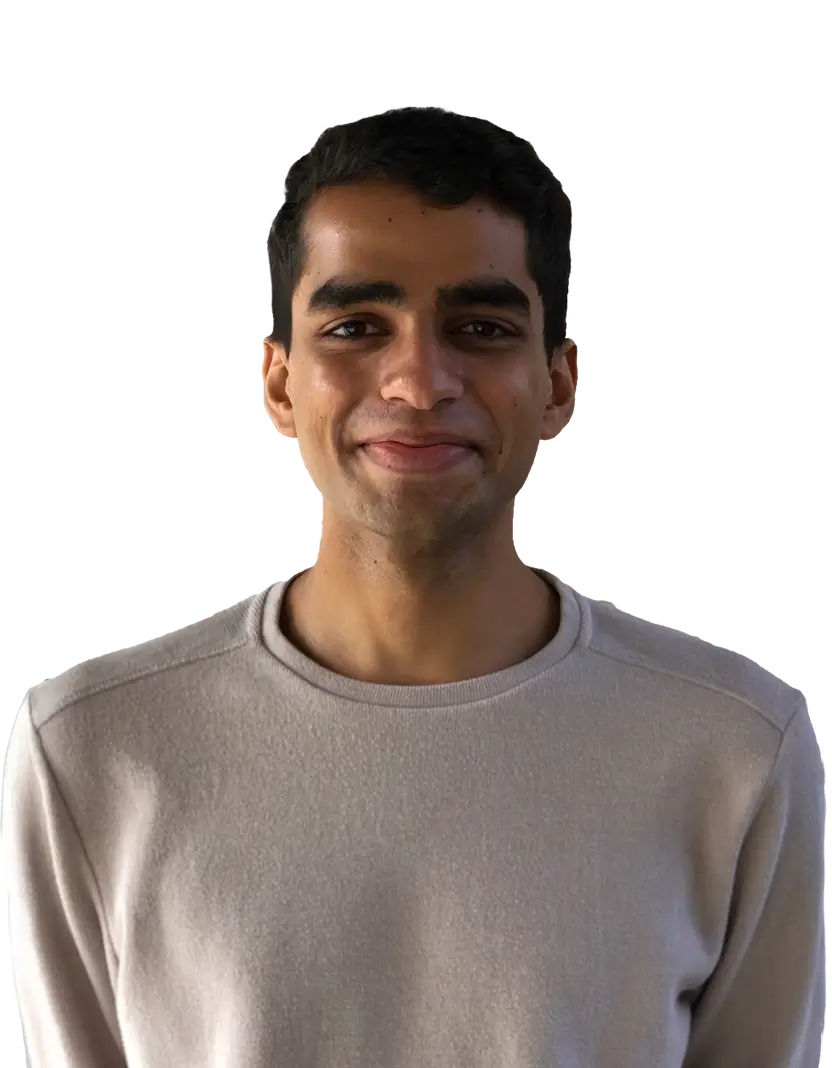
Niraj Mehta, PhD
Venture Partner
Niraj Mehta is a Partner at ARTIS Ventures.
Niraj is focused on on sourcing, diligencing, and supporting companies in the therapeutics space.
Niraj currently holds 5 board seats across the ARTIS portfolios. Previously an ARTIS Fellow, he holds a PhD from Stanford University in Chemistry, where, under the mentorship of Dr. Elizabeth Sattely, he contributed to multiple scientific publications in top-tier journals, including a first-author publication in Cell. Niraj has vast experience in therapeutic drug development and genetic drug markets; before joining ARTIS, he led business development eMorts at Emcure Pharmaceuticals, a large multinational generic drug company. Niraj completed his undergraduate studies with a BS in Chemical Engineering from UCLA.
Investments & Boards
OverT, Delix, and Pi Bio
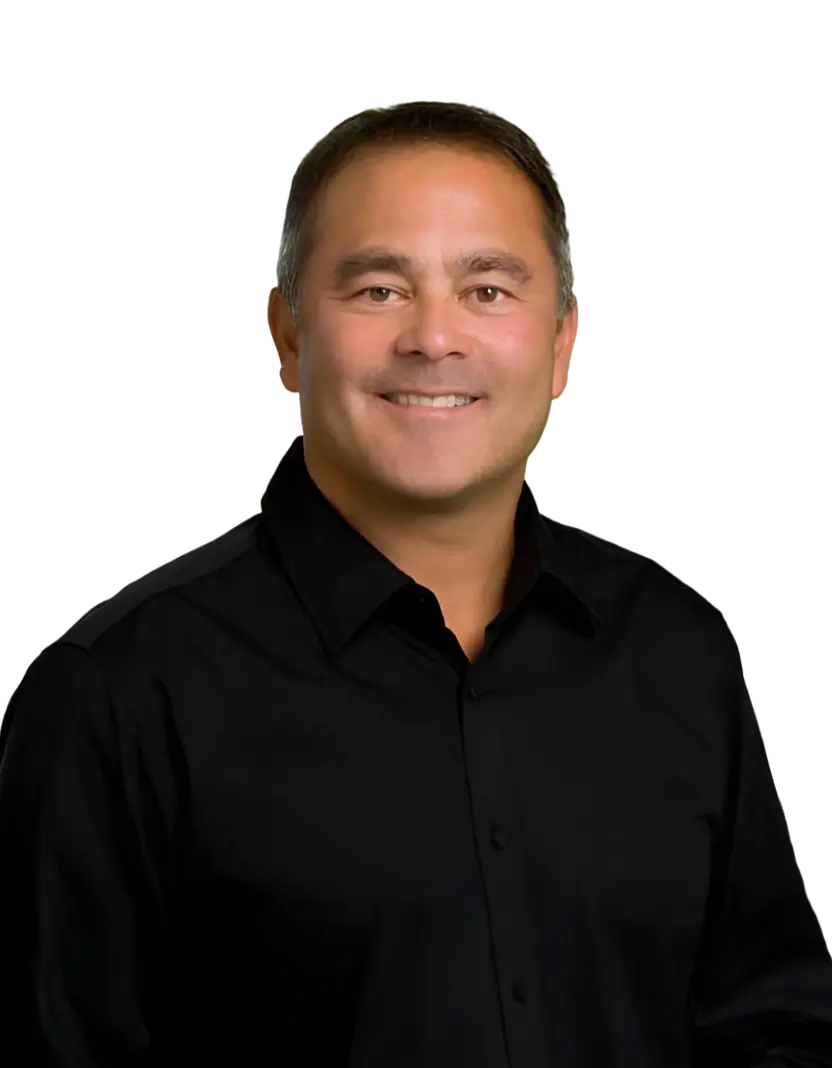
Michael Yang
Operating Partner
Michael Yang is an Operating Partner at ARTIS Ventures.
Like most people Michael began his career in an entry-level position, working in sales at Pfizer. But from there he’s the first to say he always zigged when everyone else zagged. While he thought he would end up in a marketing leadership role, a series of great opportunities led him to several management positions, including President of CNS and Immunology at Janssen Pharmaceuticals. He then spent several years as Chief Commercial Officer at ACADIA Pharmaceuticals, focusing on addressing major unmet needs in neuroscience before becoming president and CEO of ViaCyte where he led the regenerative medicine company's acquisition to Vertex Pharmaceuticals.
Here, Michael shares why thinking creatively about go-to-market and exit strategies is crucial, why you need to master making the complex simple, why he likes stressful situations, and why your assigned projects should be just the tip of the iceberg.
ADDITIONAL LINKS
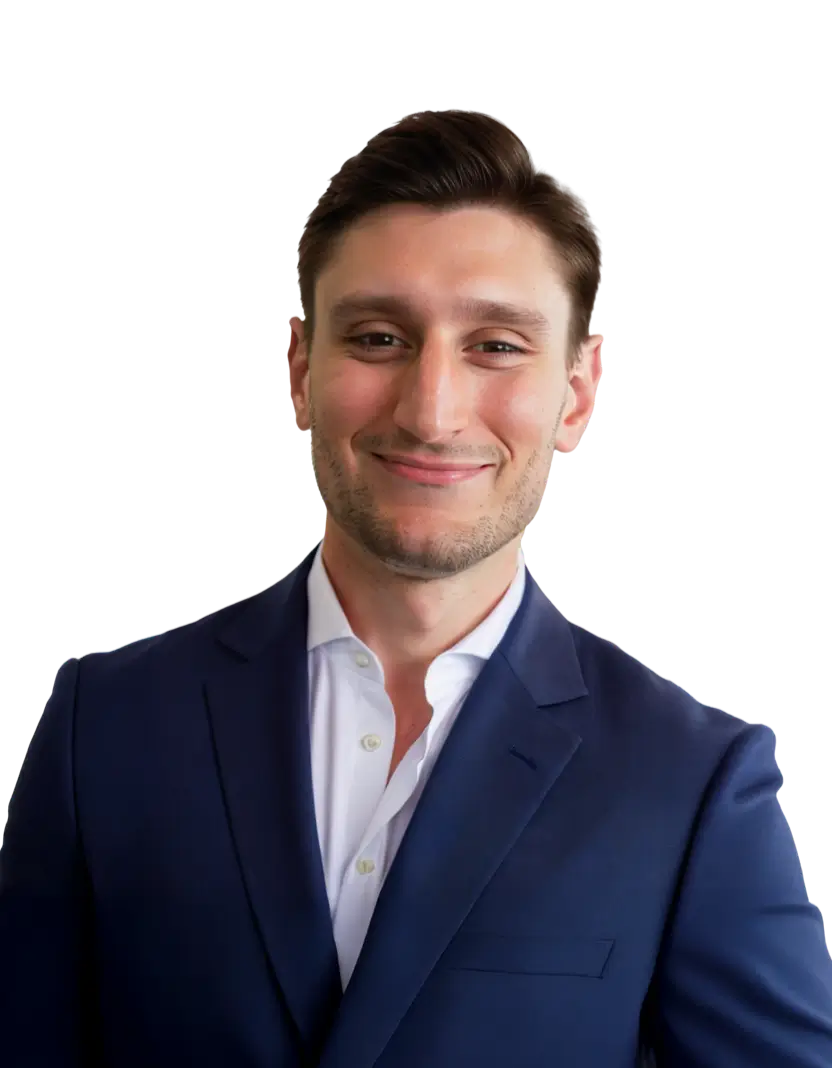
Alex Real, MD–PhD
Investor
Alex Real, MD-PhD, is an Investor at ARTIS Ventures where he focuses on investing in both healthcare and life sciences companies.
Prior to ARTIS, Alex pursued a career as a physician-scientist, and graduated from Stanford University with a B.S. in Biomaterials Engineering, B.A. in English Literature, and M.S. in Materials Science. His Masters work, under the direction of Jennifer Cochran, PhD and Sarah Heilshorn PhD, focused on engineered proteins as building blocks for bio-inspired materials and molecular therapeutics.
His PhD research under the supervision of Arvin Dar, PhD focused on small-molecule protein interactions and molecular glues, specifically in the kinase-inhibitor space, and his thesis work on the structural mechanism of the drug Trametinib was published in Nature in 2021.
Clinically, Alex completed his Medical Doctorate at the Icahn School of Medicine at Mount Sinai and his intern year at Memorial Sloan Kettering Cancer Center. He moved to the west coast to pursue radiation oncology residency at UCSF prior to starting with ARTIS.
Before pursuing a career as a physician-scientist, Alex was an avid ballet dancer – training at the School of American Ballet and later dancing professionally with the Los Angeles Ballet. He still enjoys dance, music, and theater of all kinds and is a supporter of the arts in Northern California.
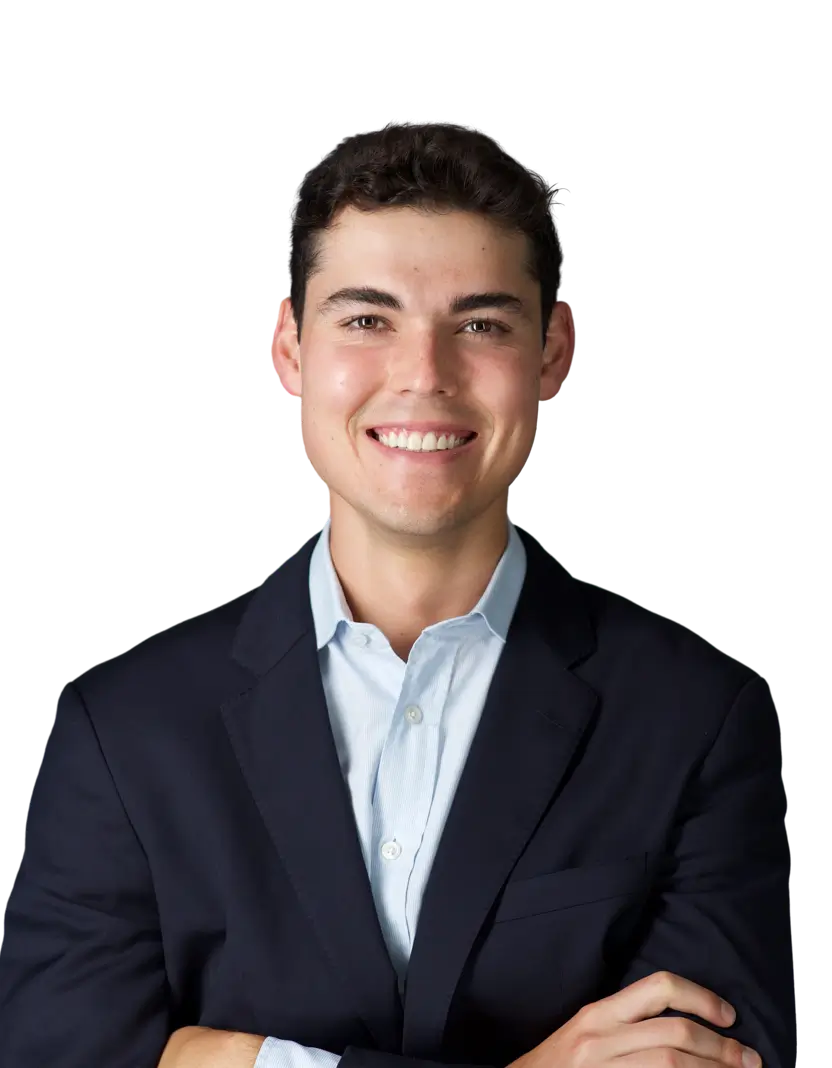
Andrew McLean
Associate
Andrew McLean is an Associate at ARTIS Ventures.
Prior to joining ARTIS, Andrew held a strategy and business operations role at Rentana, an early-stage property technology company. He also gained experience interning at two middle-market private equity firms: Altamont Capital Partners, a generalist firm based in Palo Alto, and Bluewater Energy LLP, an energy-focused firm in London. Additionally, Andrew interned at Silicon Valley Data Capital, an early-stage venture firm focused on technology, and spent time sourcing as part of Harvard Undergraduate Capital Partners while in college.
Andrew holds a B.A. in Philosophy with a secondary concentration in English from Harvard University. Outside of work, he enjoys reading, cooking, running, cycling, and trying new restaurants.

Coco Bryant, MD
Entrepreneur in Residence (EIR)
Dr. Coco Bryant brings a powerful blend of clinical insights and scientific rigor to biotech investing. Her hands-on clinical experience across diverse medical specialities including medical oncology, gastroenterology, vascular surgery and emergency medicine as an Intern and Resident Doctor at Sydney’s leading teaching hospitals, gives her a patient-centered lens for evaluating wellness-driven innovation, while her background in molecular research provides her with the technical fluency needed to assess scientific breakthroughs. Coco’s academic interests encompass precision oncology, immunology, and importantly tackling the tumor microenvironment, a critical target shaping treatment response and resistance mechanisms in oncology.
Prior to ARTIS, Coco earned top honors in biomedical research thesis at the University of New South Wales, developing CRISPR/Cas9 zebrafish Parkinson’s disease models, conducting neuronal microscopy, and engineering tissue-specific gene-editing vectors, showcasing a deep technical and experimental acumen.
During medical school Coco contributed to global health advocacy at the United Nations through Indigenous health needs assessments and media toolkits. Coco also brings a rich extracurricular profile from Australian national rowing titles to volunteering with Indigenous student mentoring, underscoring her discipline, leadership, and commitment to equity.
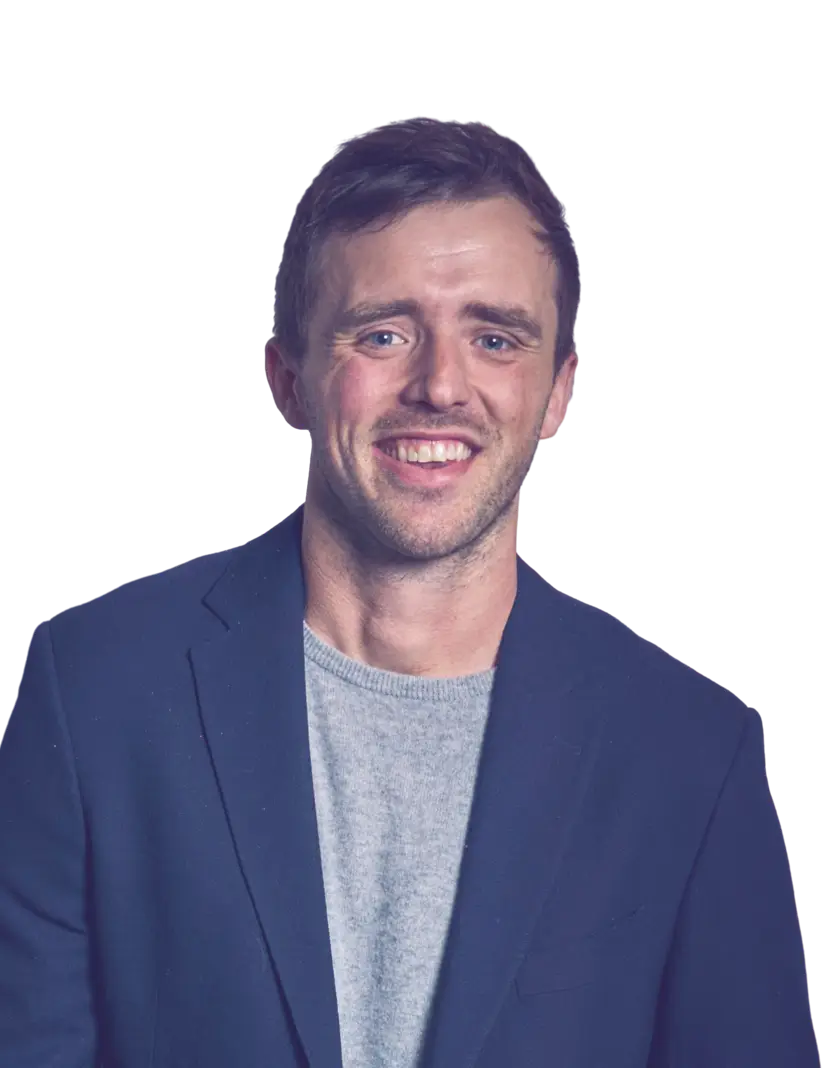
Cameron Walker
Senior Fellow
Cameron completed his BSc in Biomedical Engineering from Duke University and his MS in Bioengineering from UC San Diego. After graduating, Cameron began working at a clinical stage immunotherapy start-up, where he developed a passion for understanding the mechanisms by which cancer evades immune detection. He is working in the Cancer Biology PhD program at Stanford in lab of Michael Angelo. His research employs multiplexed imaging and other single cell methods to examine the local and systemic immunological effects of lymph node metastasis and early stage pregnancies.
Outside of work, Cameron loves open water swimming, surfing, and watching Duke basketball. He is also involved in the I’m Not Done Yet Foundation which seeks to extend care and community spaces for adolescents diagnosed with cancer.
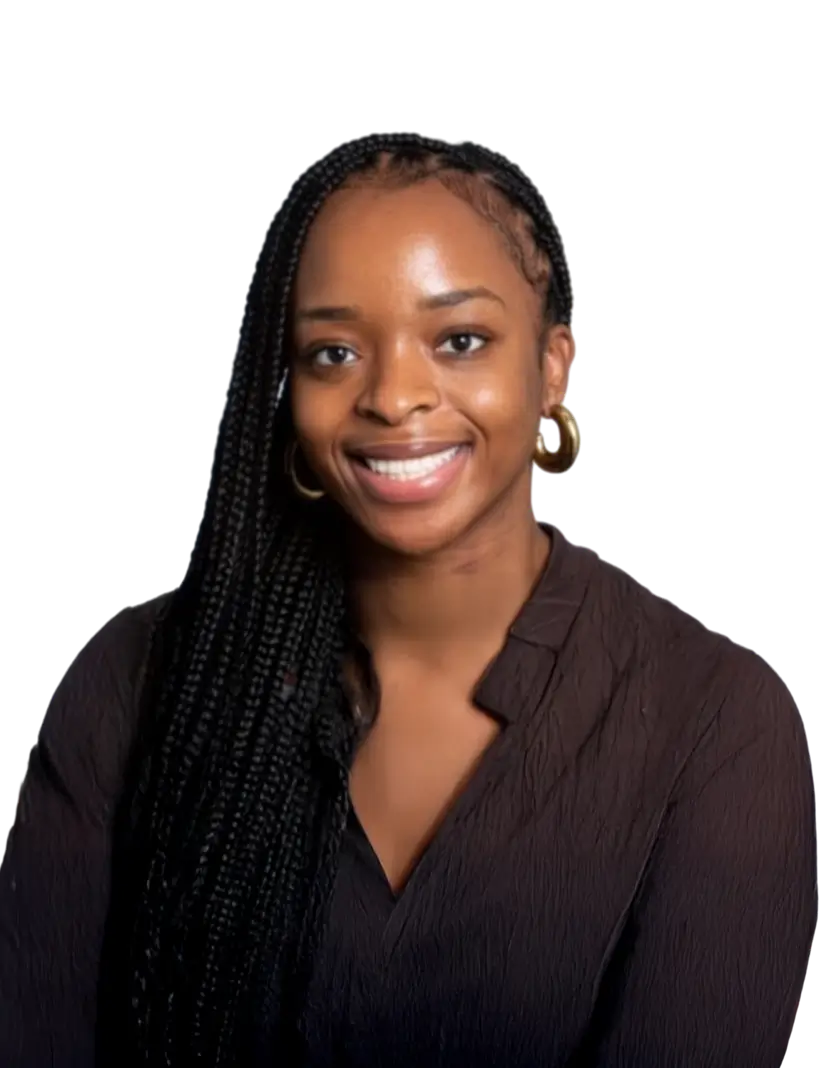
Vivian Utti
Senior Fellow
Vivian is a third year MD candidate at the Icahn School of Medicine at Mount Sinai, with extensive interest in bio-inspired engineering for medical innovation and leveraging data into healthcare operations. Prior to medical school, she worked in artificial intelligence engineering in the Immunomics group at Microsoft Research, and across data integration, engineering, and product deployment at Palantir. Most recently, she interned in the strategy and technology group at Schrödinger, where she developed a therapeutic target proposal package for ovarian and gastric cancers including therapeutic rationale, target patient populations, deal analysis fit for Schrödinger’s computational drug discovery platform. For her research, work, and service, she was awarded the 2023 Tylenol Future Care Scholarship and the United Health Foundation Diverse Medical Scholarship. Vivian previously studied Computational Biology and Computer Information Science at Cornell University.
Outside of class and work experiences, Vivian is passionate about mentorship and public service. She developed and scaled Excel Education Preparation, a college mentoring program aimed towards providing standardized test preparation to students in low resource communities. She currently mentors prospective medical students, tutors Harlem-area students in computer science and biology, and enjoys reformer pilates and painting.
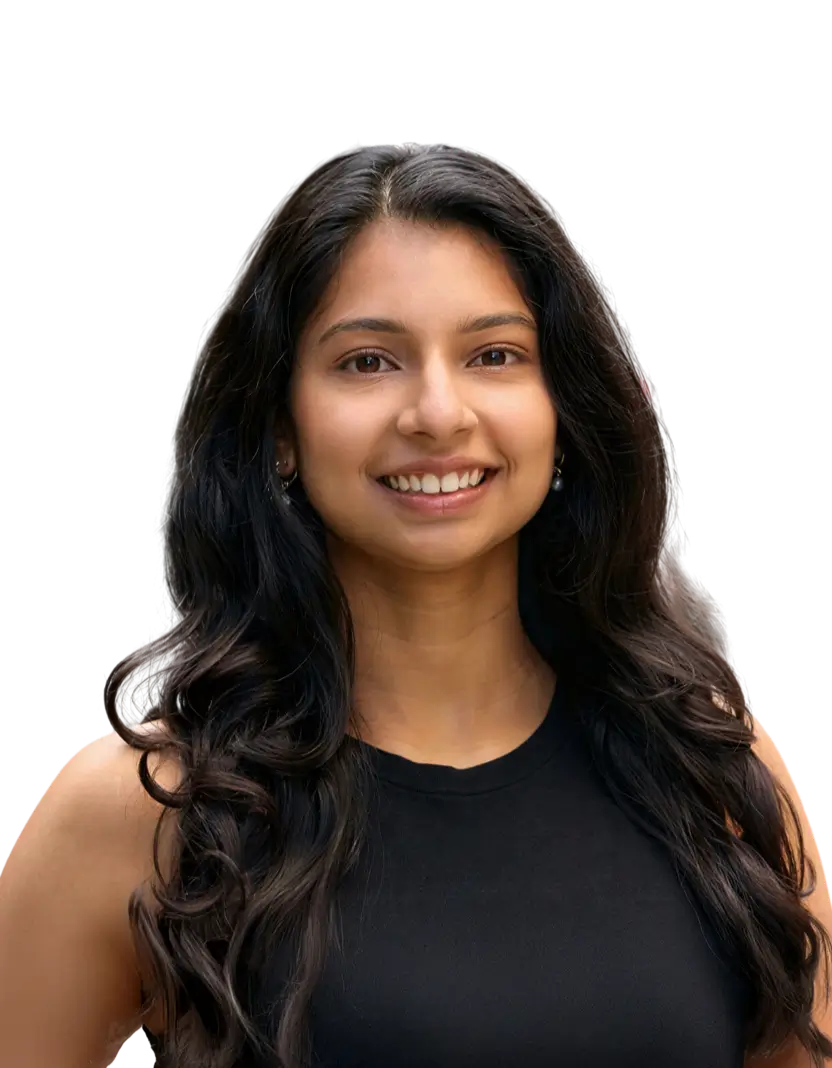
Alicia D'Souza
Senior Fellow
Alicia is a PhD candidate in the Harvard-MIT Health Sciences and Technology program. Her research focuses on using mass spectrometry based proteomics to characterize altered kinase signaling at the tumor-immune interface. Using a systems biology approach, she hopes to better understand how treatments can better target immune cells to eradicate cancer cells. Alicia grew up in Dallas, Texas and earned her Bachelor of Science in Chemical Engineering from Stanford University. In her free time, Alicia enjoys traveling and trying new restaurants.
WHAT IS A HEALTHCARE ADVANCEMENT YOU HOPE TO SEE IN YOUR LIFETIME?
Improvements in xenotransplantation. I look forward to improved engineering and clinical expertise to allow us to transplant either artificial organs or organs from other animals into patients. I was incredibly excited by the news of the recent pig kidney transplant and look forward to a future where families can be assured their loved one can receive the organ transplant they need.
WHAT IS THE MOST INFLUENTIAL CONTENT YOU READ LAST YEAR?
Factfulness by Hans Rosling - this book offers a refreshing perspective on the progress the world has made, particularly in health in developing nations.
FROM YOUR PERSPECTIVE, WHAT RECENT INNOVATION HAS HAD THE GREATEST IMPACT IN TECH/HEALTH?
ChatGPT - This might be the most transformative innovation from the past 5 years. From a health perspective, it has had a tremendous impact on empowering patients and their families to better understand their conditions and medical information.
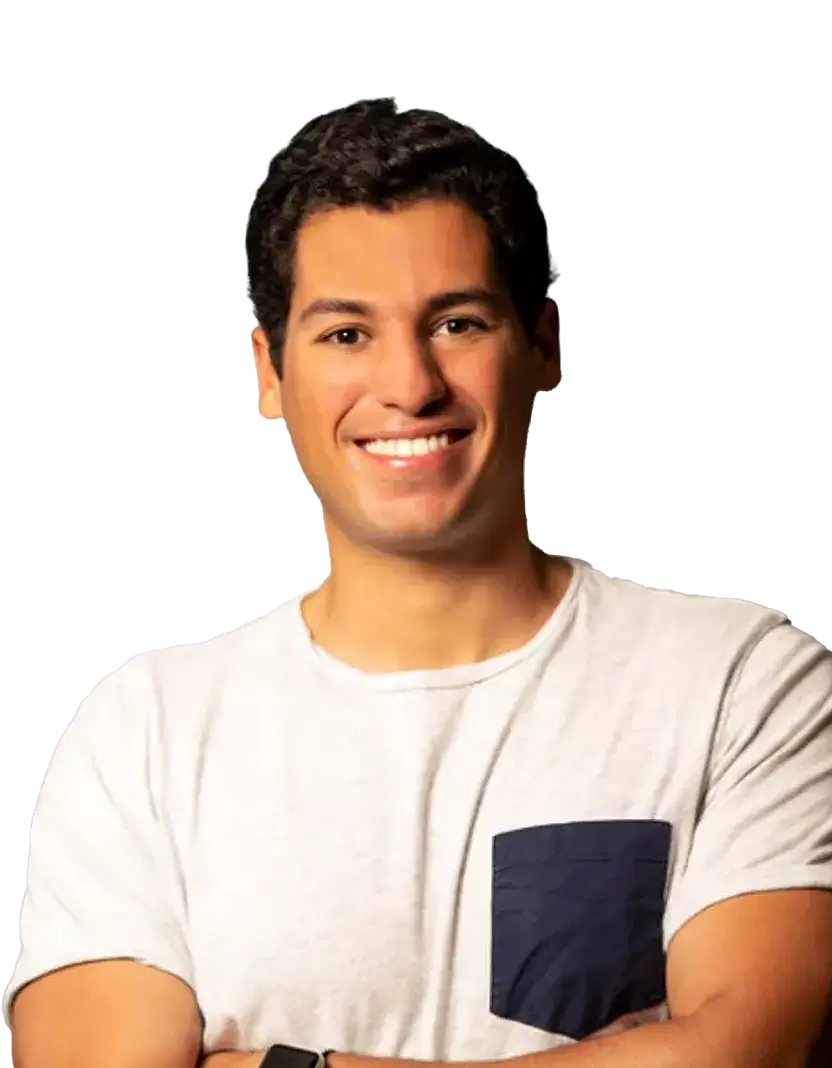
Kamal Obbad
Senior Fellow
Kamal is an MD-PhD candidate at Stanford in the Kundaje and Daniels labs. Prior to returning to Stanford, Kamal was founder of Nebula Genomics and had a short stint at Google and then as a Gates-Cambridge scholar at the University of Cambridge. He went to Harvard for undergrad.
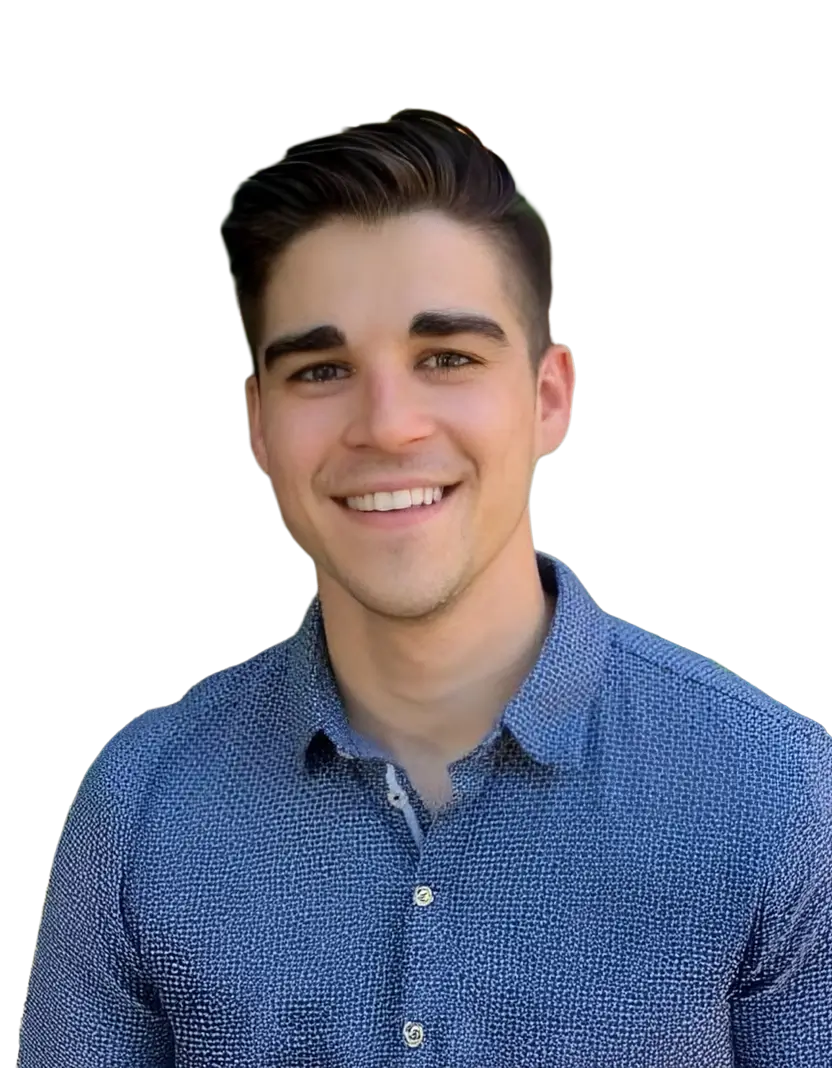
Danilo Dubocanin
Senior Fellow
Danilo is a 4th year Genetics PhD student at Stanford University in Dr. Nicolas Altemose's lab working on integrating machine learning with single-molecule sequencing. He completed his B.S in Biochemistry at the University of Washington, where he worked with Dr. Kathleen Millen on deciphering the underlying genetic mechanisms of cerebellar disorders. He then completed a M.S. in Bioengineering and Bioinformatics with Dr. Chris Vollmers at UCSC, working on single-molecule transcriptomics. Before coming to Stanford, he was a computational biologist in Dr. Andrew Stergachis's lab at the University of Washington, where he worked on epigenetically charting previously unmappable portions of the genome.When he's not in the lab, you can find Danilo skiing or backpacking in the Sierras, or exploring San Francisco.
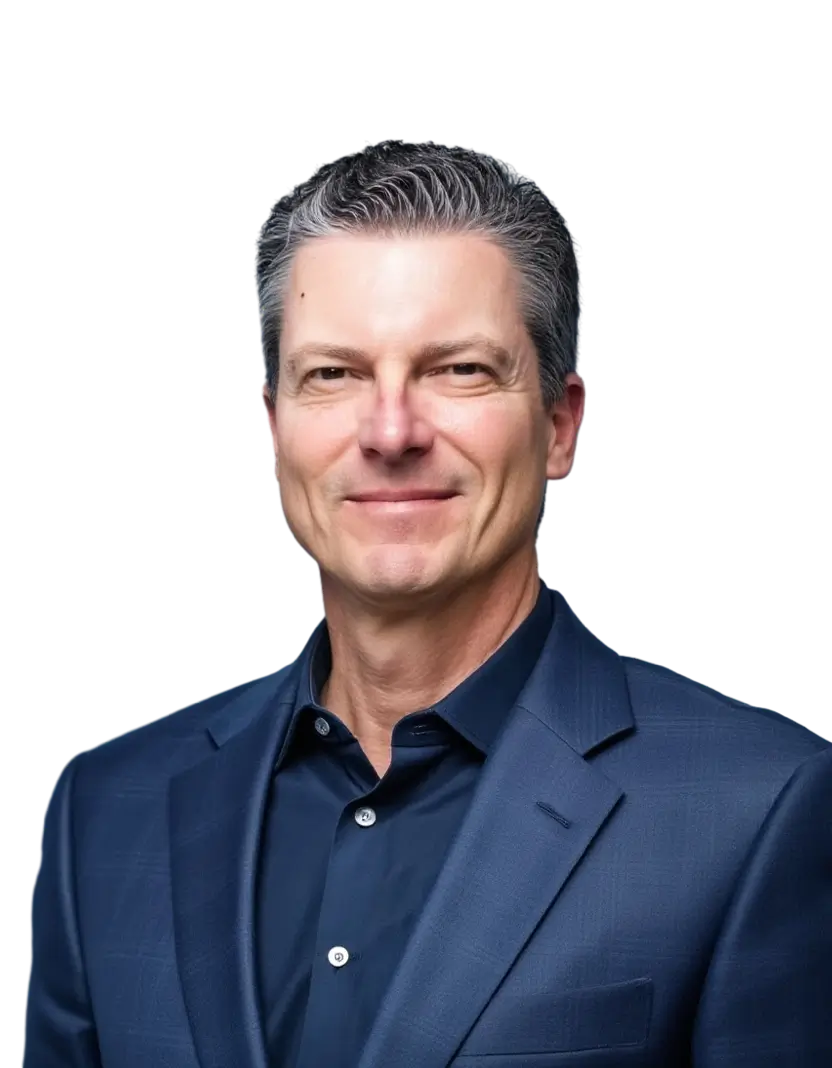
Robert Riemer
Chief Operating Officer
Robert Riemer is the Chief Operating Officer and Chief Compliance Officer at ARTIS Ventures, and has been with ARTIS for over 10 years. Before Artis, Rob was the COO for Fort Point Capital, an investment adviser focused on long/short investing, the Controller of Blum Capital Partners, a private equity firm, and the Corporate Finance Officer of Merritt Capital, a real estate investment syndicator. He obtained his degree in Accounting from Bradley University. After achieving CPA credentials, he went on to study at DePaul University College of Law where he earned his JD, with a concentration in business. Subsequently, Rob worked at the senior level in public accounting in the city of Chicago, serving clients in the equity syndication industry.
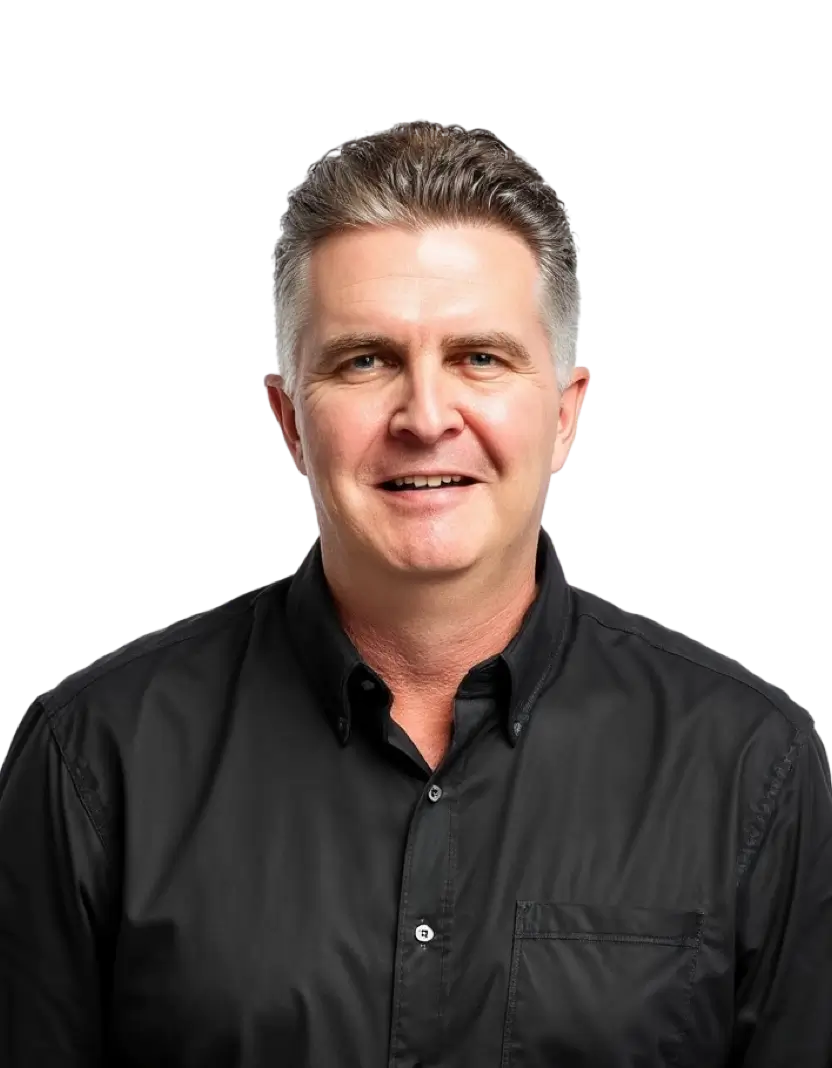
Jeff Sheedy
Partner
Jeff Sheedy is the Director of International Marketing for ARTIS Ventures. Prior to joining the team in 2012, Jeff worked at JP Morgan in Chicago with a diversified base of high net worth individuals and family offices. He subsequently worked overseas for 15 years as the CEO of a holding company with operations in manufacturing, oil services, agriculture, and consumer products.
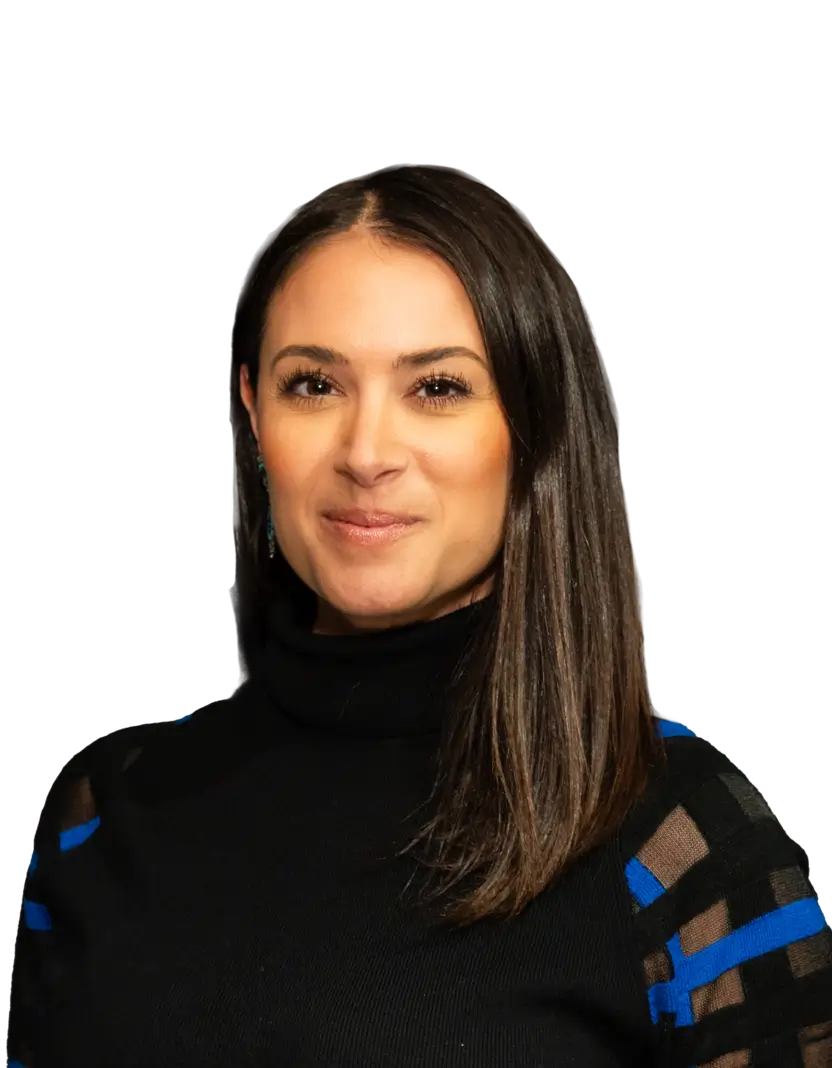
Megan Daugherty
Chief of Staff
Megan Daugherty is the Director of Communication and Administration at ARTIS Ventures. Megan brings over 10 years of event planning and guest relations experience to the ARTIS team, previously working at Northern California’s top hotels and restaurants.
Megan was a key member of the hospitality team at the Ritz-Carlton Half Moon Bay and played an integral role in the opening of the Michelin-starred Madera at the Rosewood Sand Hill Hotel. She has spent time at some of SF’s most beloved restaurants, including Three-Michelin Starred Quince and the Michelin-starred Mourad.
Featured Pioneers
The ARTIS network of Healthcare Pioneers is composed of some of the most successful executives in biotech, pharma, and healthcare. They offer guidance, extensive network connections, and treat every portfolio company like family, knowing that every great idea needs an even greater team and ecosystem of support to bring the vision to fruition.
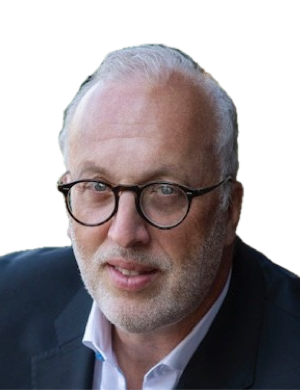
Richard Fuchs
VP of Strategy and Innovation at Walmart Health Head of Growth at Elevance Health CEO OPYN Health

Richard Fuchs is a Pioneer at ARTIS and the CEO of Opyn. Formerly, he was the SVP of Strategy, Sales and Innovation at Walmart Health & Wellness, and prior to Walmart, Richard was a 10 year veteran at Elevance Health (fka Anthem) where he served as the Head of Integrated Growth Verticals, supporting the commercial and specialty business division. Richard serves on the Board of Directors for nine organizations across the healthcare industry, and brings more than 2 decades of experience in growth strategy and payer relationships.
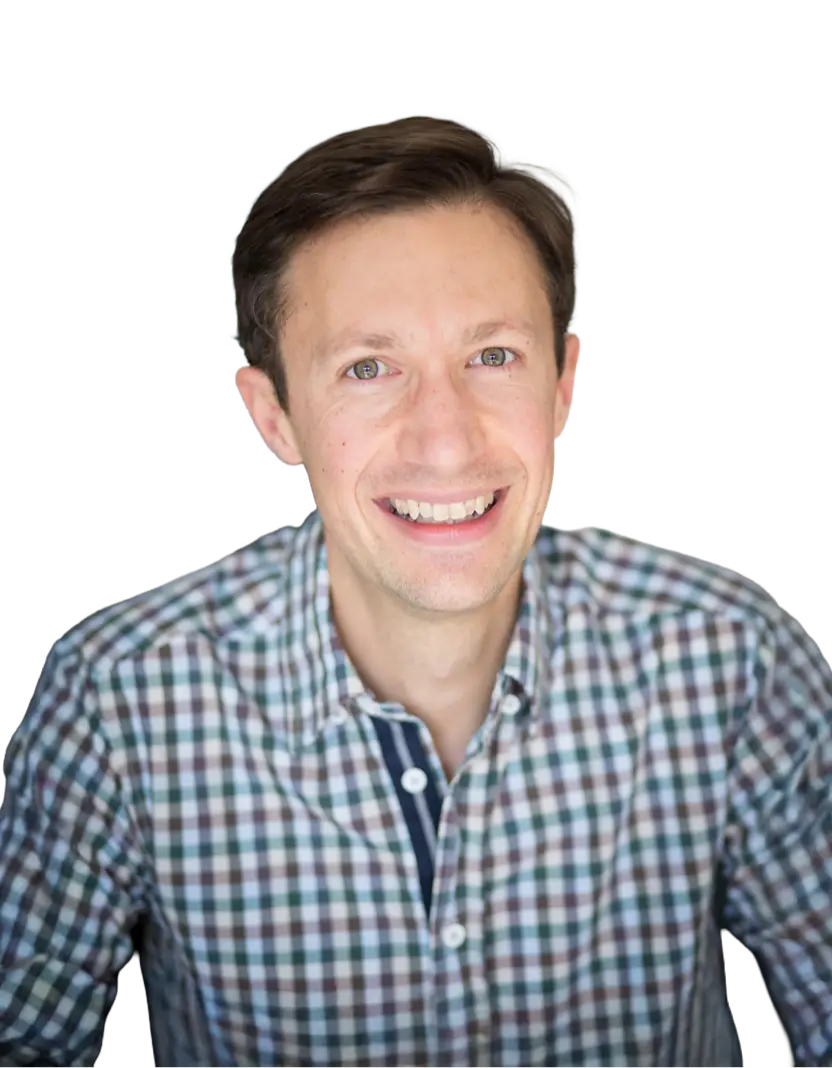
Paul Johnson
General Partner, Flex Capital
Paul Johnson is an Operating Partner at ARTIS Ventures.
Paul founded Artis portfolio company Lemonaid Health in 2014. Lemonaid is recognized as the first national direct to consumer telehealth and telepharmacy provider and helped millions of patients get access to innovative healthcare. Lemonaid launched the first app allowing women to get access to birth control without a doctor visit, the first national online mental health treatment service during COVID-19 and the first asthma, blood pressure and high cholesterol D2C management service. As CEO, Paul led Lemonaid to a $400M exit to 23andMe in 2021, where he then ran the $270M consumer P&L as General Manager and COO for two years.
Prior to Lemonaid, Paul ran large marketing budgets ($100M+) and P&Ls ($200M+) for organizations such as McKesson in the UK. Paul started his first business aged 15 and while at university launched a D2C and B2B digital marketing agency. Since leaving 23andMe in 2023 Paul has been an advisor to healthcare companies, a CEO coach and has sat on public and private boards as an independent board director. Paul has been an advisor to Artis since 2021 and in 2024 became a Operating Partner. In this role Paul supports many of the Artis portfolio companies and represents Artis as a board director of Eko Health.
Paul graduated from The University of Worcester in the UK with a BSc in Computer Science and Business Management.

Bahija Jallal, PhD
CEO, Immunocore; Frmr President, MedImmune and EVP, AstraZeneca
Bahija admits she never had a development plan for her career, but knew if she did things she really loved she’d succeed. The former President of MedImmune and current CEO of Immunocore, Bahija is one of only a handful of women to lead a company to IPO, but she cites her first biotech job as the best thing to happen to her because it was all about the science. And while she strongly believes to be an effective CEO you need to stay close to the science, she says science by itself is not enough, and you need to couple it with both strategy and vision.
Here she shares more on why failure is great, what you must ask yourself before every decision, why diversity is an intricate part of innovation, and the most crucial tool for talking with investors.
ADDITIONAL LINKS

William Carson, MD
Frmr CEO & Chairman of the Board, Otsuka Pharmaceutical
A psychiatrist by training, Dr. Bill Carson has a wealth of knowledge around regulatory compliance and working through FDA approvals having successfully brought a number of mainstream drugs to market, including Abilify, which returned multiple billions of dollars for the six months gained at the end of the Abilify patent for obtaining pediatric exclusivity. Also under his leadership Otsuka was able to launch the Abilify follow-on, Rexulti, Jynarque for polycystic kidney disease, and ultimately the first FDA-approved digital medicine, Abilify MyCite.
ADDITIONAL LINKS
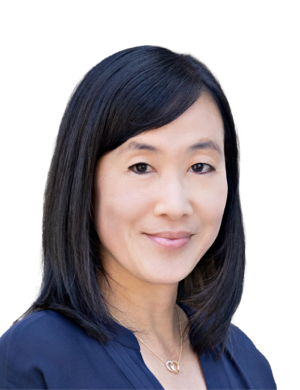
Ann Lee-Karlon, PhD
CEO EpiBiologics; Frmr SVP, Research & Early Development, Genentech
Ann is the first to say she’s taken many detours in her career. She started with a Bioengineering major at UC Berkeley and spent time as an engineering intern at NASA’s Jet Propulsion Laboratory (JPL) before discovering a passion for biology and technology that led her to UCSD for her PhD. From there she focused on tissue modeling and regeneration which led to an invitation from the National Science Foundation to conduct research in London and to a senior scientist role at a growing biotech company. It was here that Ann became interested in how to build teams and companies and decided to go to Stanford for an MBA. She completed two internships, one in marketing and one at an investment bank, before graduating from Stanford to join Eli Lilly. Ann spent the next 18 years at Genentech before becoming Chief Operating Officer and employee #2 at Altos Labs, a new company focused on restoring cell health and reversing disease. She continues to serve on the board of ARTIS portfolio company, Eko.
Here, Ann shares what all her experience taught her about decision-making, the importance of self-awareness, and how to prevent burnout.
ADDITIONAL LINKS
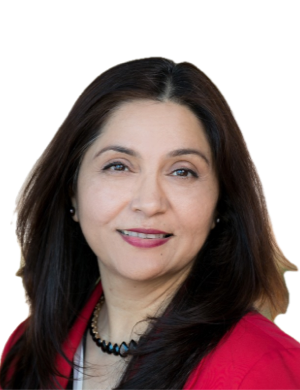
Sara Kenkare-Mitra, PhD
President, Head of R&D, Alector; Frmr SVP Development Sciences, Genentech
Sara Kenkare-Mitra received a job offer from Genentech that inspired and attracted her to take the leap into biotech, and she spent the next 23 years at one of the most innovative biotech companies in the world. Today, she’s the President and Head of R&D at Alector where she’s leading their mission of pioneering treatments to change the course of neurodegeneration.
Sara knew early on that she wanted to focus on drug discovery, an ambition that pushed her to come to the U.S. following pharmacy school in India. After getting her PhD in Pharmaceutical Chemistry at UCSF, she completed her fellowship in clinical pharmacology at UCSF, where she learned the nuances of doing clinical research. She balanced that experience as a postdoc in a computational environment using clinical data to analyze and make pharmacological decisions. Even with so much experience that naturally pointed to a career in academia, Sara was always attracted to the idea of creating medicine, something she knew she wouldn’t get the chance to do if she didn’t pursue a career in industry. Here, this 2018 Fiercest Women in Life Sciences award winner shares thoughts on why women need to use their voice in a male-dominated industry and how to scale and build a successful leadership team.
ADDITIONAL LINKS

Kash Chandarana
Co-Founder Luxe Brand Assets; Alma Hotel Management
Kash Chandarana is a Pioneer at ARTIS Ventures and the co-founder of Luxe Brand Assets as well as Alma Hotel Management. He has over 30 years experience in hotel and real estate asset and investment management, operations and transactions. He is a senior and trusted adviser to a number of Family Offices and institutions active
in the mixed-use real estate space, particularly in hotels, resorts and residences.
Kash has a longstanding interest in the health and life sciences sector and served as a Member of Council at The London School of Hygiene and Tropical Medicine for over 15 years.

Thomas Lönngren
Frmr Executive Director, European Medicines Agency
Thomas Lönngren is a Pioneer at ARTIS. He is currently a Strategic Advisor at NDA Group and Director at Pharma Executive Consulting. Previously, he ran the European Medicines Agency for 10 years from 2001 - 2010 as Executive Director. As a Pioneer, Thomas offers an unparalleled network and knowledge of the regulatory environment with a keen sense of how to take early science through the regulatory process.
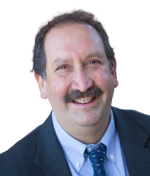
Michael I. Miller, PhD
Director Of Biomedical Engineering, Johns Hopkins
Mike Miller is a Pioneer at ARTIS Ventures. He currently serves as the Head of the top ranked Biomedical Engineering (BME) Department in the US at Johns Hopkins University and Co-Director of the Kavli Neuroscience Discovery Institute. As a Pioneer, Mike brings technical expertise in the BME and neuroscience space as well as access to top academic research and talent.
ADDITIONAL LINKS
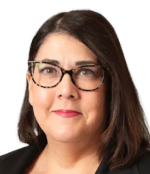
Leena Das-Young
Frmr Executive, Guardant Health, Pfizer, Bayer
Leena Das-Young is a Pioneer at ARTIS Ventures. She currently provides consulting and advisory services to the biopharma and healthcare investment space based on her 15+ year career in the pharma and diagnostic industry. Most recently, she was the General Manager & Chief Lunar Officer at Guardant Health. Prior to Guardant, she led multiple oncology brands at Pfizer as the Vice President, Head Late Phase Strategy & Development Group, Oncology. Leena's expertise in diagnostics and oncology is leveraged for relevant ARTIS Ventures portfolio companies in the space.
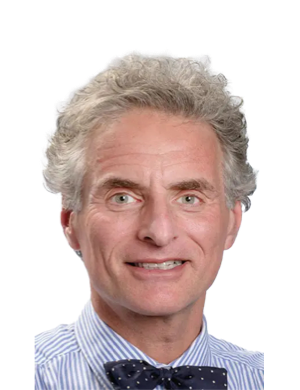
Simon Helfgott, MD
Director Of Education, BWH, Harvard Medical School
Simon Helfgott is a Pioneer at ARTIS Ventures. Dr. Helfgott is a practicing rheumatologist and currently serves as the Head of Education at Brigham and Women's Hospital at Harvard Medical School.
As a Pioneer, Simon brings technical expertise in the rheumatology / autoimmune space as well as clinical perspective as a practicing physician.
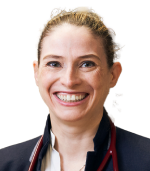
Elizabeth Griffiths, MD
Hematology, Oncology, Cancer Center
Elizabeth Griffiths is a Pioneer at ARTIS. She is a Hematologic Oncologist at the Roswell Park Comprehensive Cancer Center and Associate Professor at SUNY Buffalo. Her clinical focus lies in treating patients with blood disorders, specifically acute myeloid and lymphoid leukemias, as well as bone marrow failure syndromes. As a Pioneer, Elizabeth brings deep academic and clinical expertise within oncology and early phase clinical trials to the ARTIS ecosystem.
ADDITIONAL LINKS
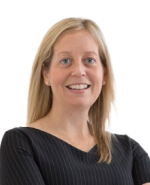
Hetty Carraway, MD
Hematology, Oncology, Cleveland Clinic
Hetty Carraway is a Pioneer at ARTIS. She currently serves as an Associate Professor at the Cleveland Clinic and Vice Chair of Strategy and Enterprise Development at the Taussig Cancer Institute. Her clinical focus is in Hematology Oncology and Blood Disorders. As a Pioneer, Hetty brings both clinical expertise in oncology and a business background to support ARTIS portfolio companies in navigating numerous facets of the healthcare ecosystem.

Quita Highsmith
VP Population Health, Pharma
Quita's career has often placed her in the role of "fixer," whether it was as a sales leader innovating to drastically improve team performance (a feat she has achieved more than once), or in her current position as Vice President and Chief Diversity Officer at a major biotech company, advocating for more diverse representation in leadership, clinical research, and more. While she advocates for balance, often saying "your job won't hug you at night," Quita is passionate about making change through her career and says if she could give her younger self a piece of advice it would be to take more risks.
Here she shares what three decades in the pharma and biotech industry have taught her about making your voice heard, the importance of self awareness, the value of marketing, how to approach diversity and inclusion in your organization, and where we go from here.
ADDITIONAL LINKS

Alan Wright, MD
Frmr Chief Medical Officer, Roche Diagnostics
Dr. Alan Wright’s career has led him from an internist, to medical director, to CEO, working at both startups and some of the biggest names in healthcare. Currently serving as Chief Scientific Officer for Roche Diagnostics Corporation, Alan has transitioned through numerous acquisitions, taking on new roles at every turn, including CEO at Star Pharmaceuticals, and gaining lots of experience along the way. As part of the AV Healthcare Pioneers program, Alan is serving as a resource to founders particularly related to reimbursement pathways and medical policy.
ADDITIONAL LINKS

Prashant Mali, PhD
Bioengineering, UC San Diego
Prashant Mali is a Pioneer at ARTIS Ventures. He is a faculty member in the Department of Bioengineering at the University of California San Diego. His research is in the fields of synthetic biology and regenerative medicine, with a long-term focus on developing tools for enabling gene & cell based human therapeutics, and their associated biomanufacturing. He is also a scientific co-founder of Shape Therapeutics, Navega Therapeutics, Boundless Biosciences and Seven Therapeutics.
As a Pioneer, Prashant brings technical expertise and entrepreneurship experience to the ARTIS team and portfolio.

Craig Herkert
Executive Chairperson of the Board, Quirch Foods
Craig Herkert is a Pioneer at ARTIS Ventures. Craig is a global retail executive with expertise in the food (supermarket) industry, previously serving as the CEO of Walmart Americas and Supervalu in addition to executive leadership positions at Albertsons. He currently serves as the Interim CEO of Save a Lot and teaches as an Executive Fellow and Adjunct Professor at the University of St. Thomas — Opus School of Business.
As a Pioneer, Craig brings 30+ years of expertise in the food and retail industry and executive experience to help mentor and support the ARTIS portfolio.
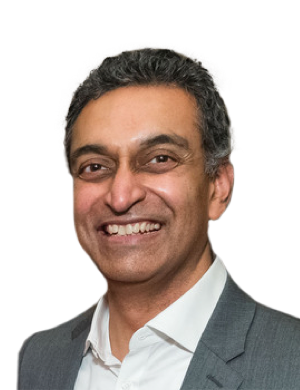
Raghav Chari, PhD
Frmr EVP, Proprietary Products, Dr. Reddy's Laboratories
Raghav Chari is a Pioneer at ARTIS Ventures. Raghav spent 10 years at Dr. Reddy’s Laboratories where he served as the President of Dermatology commercial business (Promius Pharma) and led novel product research and development. Currently, he serves as the Chief Innovation Officer at Covis Pharma.
As a Pioneer, Raghav brings technical, pharma, small biotech and drug translation expertise to support the ARTIS team and portfolio.
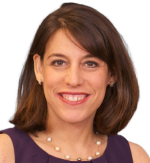
Wendy Mayer
Frmr Head Of Strategy, Pfizer
Wendy Mayer is a Pioneer at ARTIS Ventures. She currently serves as VP of Performance Management and Strategic Projects within HR at Pfizer, responsible for leading the development and implementation of Pfizer’s global performance management system.
As a Pioneer, Wendy brings a wealth of pharma experience having spent 20+ years at Pfizer across various roles including: Strategy, Market Access Innovation, Enterprise Innovation, Sales Leadership, Clinical Trial Process Improvement, and Market Analytics. She currently co-leads Pfizer’s New York HQ Women’s Leadership Network and is a board member for AWIS (Association for Women in Science).

Fereydoun Firouz
Frmr Chairman & CEO, Stallergenes Greer; Frmr President & CEO, EMD Serono
Fereydoun Firouz is a Pioneer at ARTIS Ventures. He is the former Chairman and CEO of Stallergenes Greer, a global biopharma company. Prior to Stallergenes Greer, he co-founded and was managing partner of Gurnet Point Capital, an investor in life sciences companies, in addition to serving as managing director of Waypoint Capital Inc, a Swiss-based family office.
As a Pioneer, Fereydoun brings a wealth of Biopharma and leadership experience to the ARTIS portfolio after a 25+ year career at Biopharma company Merck Serono, which he ultimately led as President and CEO of the US business EMD Serono.
ADDITIONAL LINKS

Richard Daniels
Frmr CIO, Kaiser Permanente
Richard “Dick” Daniels is a Pioneer at ARTIS Ventures. He is the former Chief Information Officer of Kaiser Permanente, a leading health care provider and health plan, where he transformed the IT organization for over 5 years in the role. Prior to Kaiser Permanente, he similarly led IT transformation in the financial services industry at CapitalOne and JPMorgan Chase. Dick began his career in manufacturing at Datapoint after managing data center operations while in the U.S. Air Force. Since his retirement, he currently serves as a Board Member at Silicon Valley Bank, Fastly and CSAAA Insurance Group, a AAA Insurer.
In 2019, Dick was named to the CIO Hall of Fame by IDG. As a Pioneer, Dick brings a wealth of knowledge from his 40+ year career in the healthcare and financial services industry, specifically within digital transformation and innovation within large corporations.
ADDITIONAL LINKS

Al Mezzaroba
Frmr President and CEO, Lower Bucks Hospital
Al Mezzaroba is a Pioneer at ARTIS. A lawyer by training, he previously served as the president and CEO of Lower Bucks Hospital in Bristol, PA. Mezzaroba began his career in Philadelphia and has an extensive background in business, law and government with over two decades of operations and management experience.
As a Pioneer, Al leverages his deep expertise in payer and hospital systems to help ARTIS companies navigate partnerships and value propositions for selling into these entities. He also serves as a mentor to first-time founders and CEOs.
Fellows
ARTIS Fellows bring a diverse range of technical expertise to the table including protein design, neuro-engineering, drug discovery, synthetic biology, cell therapies and more. Fellows exhibit a drive to translate technologies from academia to the clinic with compassion, keeping patients at the center of transforming care.
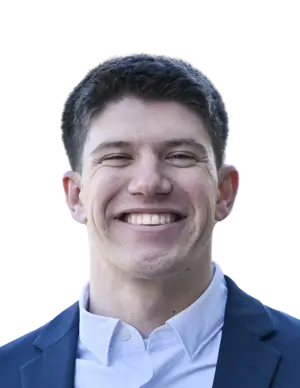
AJ Phillips
Stanford University
2025
AJ is a PhD candidate in Electrical Engineering at Stanford University in the Chichilnisky Lab working on brain-computer interfaces for vision restoration. A recipient of the NSF Graduate Research Fellowship, his research focuses on developing algorithms to modulate neural populations at single-cell and single-spike resolution. AJ earned BS degrees in Electrical Engineering and Computer Science from New Mexico State University and an MS degree in Electrical Engineering from Stanford University. Outside of work, he enjoys training for long course triathlons and backpacking.
What is a healthcare advancement you hope to see in your lifetime?
I hope to see a world where brain-computer interfaces provide personalized therapies for neurological and psychiatric conditions. By targeting individual neural circuits with precision, these technologies could move beyond the limitations of broad pharmacological treatments to restore function and improve quality of life for people with safer, more effective care.
What excites you most about working with ARTIS?
What excites me most is the alignment between ARTIS' mission and my own passion for advancing technology in service of human health. I'm looking forward to contributing alongside a team that is deeply committed to advancing innovation at the intersection of technology, biology & health.
From your perspective, what recent innovation has had the greatest impact in tech/health?
In my view, the most impactful innovation has to be AI. Whether it's accelerating drug discovery, enabling new medical technologies, or turning complex health information into actionable insights, AI is reshaping how we care for people.

Alexandra Neeser
University of Pennsylvania
2025
Alexandra is a Bioengineering PhD student at the University of Pennsylvania, where she is developing cancer immunotherapies. Her research focuses on engineering targeted cellular therapies, including a tumor microenvironment-sensing genetic circuit for solid tumors and a modular CAR T adaptor system for liquid tumors. Prior to graduate school, she worked as a life science strategy consultant at Kx Advisors, where she advised large pharmaceutical companies on acquisition targets and market expansion strategies. She earned her undergraduate degree in Biological Engineering with a minor in Finance from MIT, where she first developed an appreciation for the intersection of science and business.
What excites you most about working with ARTIS?
Throughout my professional and academic experiences, I have learned that the successful development of novel therapies depends on more than scientific and engineering advances - it requires the strategic allocation of capital to bring those innovations to market. ARTIS' commitment to investing in groundbreaking science that addresses unmet medical needs deeply aligns with my own journey from healthcare consulting to scientific research. I am excited about the opportunity to contribute to a venture capital firm that shares my passion for advancing transformative therapies.
What is the most influential content you read last year?
The most influential content I read last year was the New England Journal of Medicine report on the first patient to receive in vivo CRISPR-based gene editing at the Children's Hospital of Pennsylvania. Unlike ex vivo approaches, this trial delivered CRISPR machinery directly into the body to target a genetic liver disease - a milestone with profound scientific and clinical implications. It signaled a shift toward treating diseases at their source with a single intervention, underscoring the need for precise delivery, long-term safety monitoring, and careful patient selection as genome editing moves toward routine clinical use.
From your perspective, what recent innovation has had the greatest impact in tech/health?
The most impactful recent innovation has been the maturation of mRNA paired with lipid nanoparticle (LNP) delivery systems. The COVID-19 vaccines demonstrated the versatility of the platform — showing that treatments can be rapidly designed, manufactured, and deployed at global scale. This success catalyzed interest in expanding applications beyond prophylactic vaccines to include cancer immunotherapies, rare genetic disorders, autoimmune diseases, and regenerative medicine. With increased investment, the mRNA/LNP field will continue towards the ultimate goal of in vivo therapeutic delivery via RNA regulation and targeted LNP formulations.
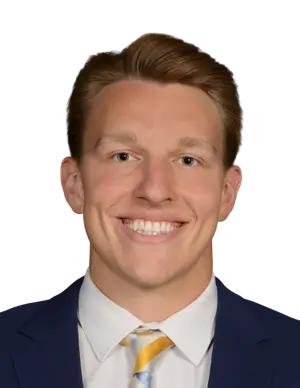
Andrew Kuzemczak
Weill Cornell Medical College
2025
Andrew is a second-year MD candidate at Weill Cornell Medicine and a biomedical engineer passionate about shaping the future of healthcare through innovation. He earned his B.S. in Molecular and Cellular Biology from Yale University, concentrating in biotechnology, and his M.S. in Biomedical Engineering from Columbia University, concentrating in design, innovation, and entrepreneurship. At Weill Cornell, Andrew conducts research in the Mosadegh Lab, developing next-generation minimally invasive cardiac devices, and in the Gaudino Lab, advancing surgical outcomes in coronary artery bypass and valvular procedures. He has built multiple ventures, including Future Human, a newsletter spotlighting transformative healthtech startups, and previously co-led the Helix Healthcare Incubator, launching student-led teams in medical devices, AI diagnostics, and digital health. Recognized as a Samvid Scholar Finalist, Andrew is building a career as a physician-innovator—meeting founders, connecting stakeholders, and creating pathways to bring transformative health technologies to patients.
What is a healthcare advancement you hope to see in your lifetime?
I hope to see a future where heart transplants are no longer necessary, replaced by durable, fully implantable total artificial hearts (TAHs). The technology exists‚ and is improving every year‚ bringing us closer to eliminating waitlist deaths, expanding access to underserved patients, and restoring full mobility. This shift could turn end-stage heart failure into a treatable condition with scalable, long-term mechanical solutions.
What excites you most about working with ARTIS?
ARTIS represents a chance to go from researching and writing about the future of human health on my own time to building it alongside other curious minds. It's an opportunity not only to have my ideas challenged but to constantly learn from colleagues who obsess over the same big questions. I'm excited to collaborate in an environment that pushes us to refine theses, test assumptions, and turn visions into real-world breakthroughs that advance human health.
What is your greatest accomplishment?
Launching Future Human during my first year of med school‚ building it from scratch, onboarding two research associates, and putting myself out there fully. I have learned to own outcomes, embrace feedback, and accelerate my leadership growth.
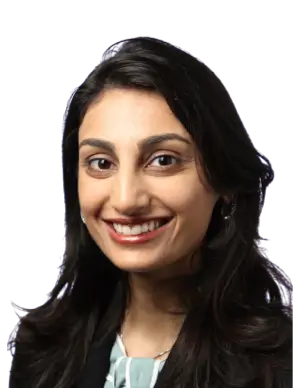
Anjali Bhatla, MD
Johns Hopkins Hospital
2025
Anjali grew up in Harlingen, a border town at the southern tip of Texas. She attended Rice University for undergrad where she studied health sciences and policy studies. Her interest in public policy and systems innovation to improve care delivery and improve patient outcomes led her to pursue a MD/MBA at the Perelman School of Medicine and the Wharton School. She completed internal medicine training at the Johns Hopkins Osler residency program. She is currently a Cardiology fellow at Johns Hopkins. She is clinically interested in preventive cardiology and is interested in a career at the intersection of population health, health policy, and digital health innovation. Outside of the hospital, she enjoys traveling, dancing, and trying out various Indian recipes.
What is a healthcare advancement you hope to see in your lifetime?
The use of AI and big data to truly deliver personalized healthcare and personalize patient risk stratification, especially for cardiovascular disease. In addition, I hope the use of personalized data in medicine and AI in society can aid in creating a healthcare ecosystem that enhances access, improves communications, and boosts understanding of medical care for patients.
What excites you most about working with ARTIS?
The rapid breakthroughs in artificial intelligence make the Tech Bio+Health work that ARTIS focuses on extremely exciting. From AI-driven diagnostics and clinical decision support to personalized care platforms and ambient documentation tools, we are witnessing the transformation of healthcare delivery in real time. The convergence of deep tech and medicine is creating unprecedented opportunities to invest in solutions that not only improve outcomes and access but also reduce system inefficiencies. Being at the intersection of innovation and impact makes this an extraordinary time to support and scale technologies that are redefining the future of care, such as those that ARTIS is funding.
From your perspective, what recent innovation has had the greatest impact in tech/health?
ChatGPT has without a doubt changed the patient/provider relationship, allowing patients to have access to information at their fingertips and ask informed questions even prior to talking to their physician.
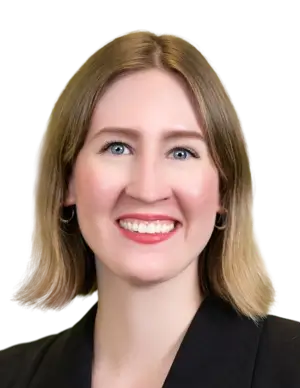
Ann Marie Flusche
Duke University
2025
Ann Marie is a dual MD/MBA candidate at Duke University with a passion for leveraging clinical insight to drive innovation in healthcare. She earned her Bachelor of Science in Biology from the University of Tulsa before conducting cancer research at UT Southwestern Medical Center. Prior to medical school, she worked as a venture capital associate at the Oklahoma Life Science Fund, where she evaluated and supported early-stage life science startups. Her cross-disciplinary background in research, business, and medicine gives her a systems-level perspective on both the challenges and opportunities in healthcare. Ann Marie is deeply committed to expanding access to and the affordability of care, and she aspires to bridge medicine and business as a physician-innovator by turning bold ideas into tangible, meaningful impact for the patients who need them most.
What is a healthcare advancement you hope to see in your lifetime?
I hope to see advancements in early disease detection‚ affordable cancer diagnostics, AI-powered imaging, and wearable sensors capable of identifying subtle physiologic changes. Detecting diseases like cancer or Alzheimer's at their earliest stages could dramatically improve survival, reduce treatment costs, and lessen the overall burden of disease.
What excites you most about working with ARTIS?
Being at the center of groundbreaking healthcare innovations and working alongside founders tackling the field's most pressing challenges. The opportunity to help shape solutions that could transform countless patients' lives is both inspiring and deeply motivating.
What is your greatest accomplishment?
One of my greatest accomplishments was being invited to attend the Nobel Laureate Award Ceremony in 2023. Being surrounded by some of the brightest minds in the world was a reminder of how I should always strive in my own work to be a force for positive change, both in healthcare and beyond.

Ben Meyer, MD
Resident, Ophthalmology, Bascom Palmer Eye Inst
2023
Ben is a third-year ophthalmology resident at Bascom Palmer Eye Institute. He previously studied Molecular and Cellular Biology at Yale University and was a full-ride Woodruff Fellow at Emory University School of Medicine. His research has spanned neuro-regeneration, genetics, retina, and neuro-ophthalmology. He is interested in the intersection of technology, business, and ophthalmology. His passions outside of work include hiking, baking, and spending time with his dog, Ralph.
HEALTHCARE ADVANCEMENT YOU HOPE TO SEE IN YOUR LIFETIME
A cure for blindness. More specifically, the ability to regenerate and direct retinal ganglion cells and optic nerve axons to afford functional visual recovery. That would be incredible.
GREATEST ACCOMPLISHMENT
Learning an entirely new sport (water polo) as a freshman in college, and then ultimately becoming the starting goalie and team captain by my senior year.
GREATEST IMPACT IN TECH/HEALTH
In-vivo gene therapy. Opens up new spaces within medicine, tech, and therapeutics that were otherwise inconceivable.
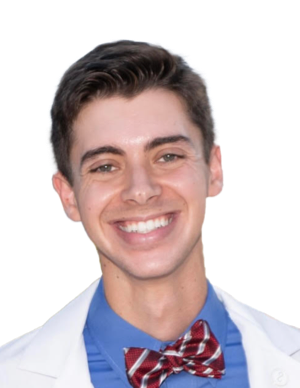
Ben Schwartz
MD/MBA Candidate, Biochemistry, Stanford
2023
Ben is an MD/MBA candidate at Stanford University. Much of his research is in dermatology, which he believes is a field that uniquely blends the psychological and physiological elements of human wellness. He has largely focused on identifying and categorizing allergens in over-the-counter skincare products, the intersection of dermatology and rheumatology, and the skin toxicities of cancer immunotherapies. Ben has also worked in performance improvement at Lucile Packard Children's Hospital, where he spearheaded operational initiatives to optimize discharge processes.
Outside of dermatology, Ben is committed to LGBTQ+ health, and has led and served on multiple LGTBQ+ committees at the Stanford of Medicine. He also conducts research with the PRIDE Study, the world's first large-scale, long-term national health study of LGBTQ+ individuals.
Ben received his BA in religious studies and his BS in biology from Stanford University. In his free time, he derives immense fulfillment from storytelling and serves as one of the GSB's TALK Coaches. He also enjoys playing and watching tennis, and considers meeting Venus Williams one of his happiest moments. Finally, he is passionate about 90s pop music, and you'll often find him with one AirPod in, listening to Mariah Carey.
HEALTHCARE ADVANCEMENT YOU HOPE TO SEE IN YOUR LIFETIME
Personalized diagnostics and therapeutics for Alzheimer’s Disease that prevent and reverse cognitive decline. I believe the field is at the cusp of an inflection point and am optimistic that advances in multi-omics sequencing, cell therapies, and AI will yield a new generation of therapeutics that go beyond targeting hallmark proteinopathies.
WHAT EXCITES YOU ABOUT ARTIS
I’m excited to see TechBio companies building ventures around cutting-edge science and technologies I have never imagined. It’s incredibly inspiring to see ingenuity translated into ventures that can improve human health.
GREATEST IMPACT IN TECH/HEALTH
By combining generative AI and high-throughput single-cell -omics, researchers can now model cellular dynamics through space and time in disease, revealing new therapeutic targets. I expect this will yield a comprehensive "digital cell" atlas of health and disease for ubiquitous use, akin to the human genome. Advanced sequencing gives us letters; AI gives us grammar.
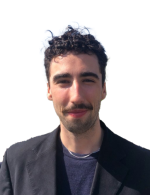
Cameron Anderson
PhD Candidate, Oxford
2022
Cameron is completing a PhD in the Howarth Lab at the University of Cambridge, UK. His research focuses on engineering highly stable antibody mimetic proteins for action in the gastrointestinal tract. Disease targets of particular interest include the inflammatory pathways involved in IBD, the microbiome, food intolerances and microbial infection. Cameron completed a masters degree in the Biggin Group (University of Oxford) using protein MD simulation and high-throughput fragment-based drug design to inhibit novel cancer targets. He now uses this computational experience to complement protein display technologies for antibody design. Cameron is also involved in growing the new chapter of Nucleate in the UK.
HEALTHCARE ADVANCEMENT YOU HOPE TO SEE IN YOUR LIFETIME
I’d love to see some causative rather than correlative data for the influence of the microbiome of human health and disease. I have personal reasons to want the development of a cure for Parkinson’s disease. I think the extension of healthy lifespan by targeting aging itself is an interesting all-in-one concept for healthcare. Perhaps in my lifetime we will see the discovery of the elusive partial epigenetic reprogramming factors that can rejuvenate specialized cell types.
WHAT EXCITES YOU ABOUT ARTIS
For starters, it is always exciting for a Brit to venture over to The Valley! Joking aside, I am impressed by the clarity of vision at ARTIS. Using the consistency of tech innovation to give life science ideas the boost they often require is really exciting - and ARTIS has the team to do it. I think it’s all about people - the partners, the network of advisors, the amazing founders and the other fellows - that is the secret sauce. I’m excited to learn from these remarkable people and contribute to the ARTIS family.
RECENT INNOVATION OR DISCOVERY THAT HAS HAD GREATEST IMPACT ON TECH/HEALTH
Having one foot in computational protein design, it would be remiss not to mention AlphaFold. While I think we’ll be waiting a fair while before ML is spitting out de novo, high affinity biologics without requiring some additional wet-lab development, AlphaFold has really opened up the game.

Caroline Broderick
Weill Cornell Graduate School of Medical Sciences
2024
Caroline completed her BSc in Biological Sciences at UC Santa Barbara, where she discovered her passion for biomedical research. After graduating, she worked at Surrozen, where she contributed to the preclinical development of regenerative medicines for severe liver diseases. She then went on to pursue a PhD in Pharmacology at Weill Cornell Graduate School of Medical Sciences. She completed her thesis work in Scott Lowe’s laboratory at Memorial Sloan Kettering Cancer Center, where the overarching goal of her research was to leverage senescence biology to increase the immune ‘visibility’ of immunosuppressive cancers like pancreatic cancer. Caroline is passionate about translating biomedical discoveries into novel therapies.
WHAT IS A HEALTHCARE ADVANCEMENT YOU HOPE TO SEE IN YOUR LIFETIME?
I hope to see technologies that enable accurate, early detection of cancer become accessible to all patients. Early detection significantly increases the chances of successful treatment, and far too many cancers are diagnosed at advanced stages. A number of companies are pursuing early pan-cancer diagnostic technologies, which will hopefully evolve into the standard of care.
WHAT EXCITES YOU MOST ABOUT TECHBIO?
To me, the most exciting aspect of TechBio is its rapid transformation. With ‘omics’ data becoming increasingly accessible and machine learning technologies advancing swiftly, the way we discover and develop new therapies is set to accelerate dramatically. I am eager to contribute to this innovative field and help create a future where personalized medicine is the norm, treatments are tailored to individual genetic profiles, and where previously incurable diseases can be effectively managed or cured.
FROM YOUR PERSPECTIVE, WHAT RECENT INNOVATION HAS HAD THE GREATEST IMPACT IN TECH/HEALTH?
From my perspective, the recent innovation that has had the greatest impact in tech/health is mRNA technology. The rapid development of COVID-19 vaccines using mRNA platforms saved countless lives and garnered global attention, but mRNA technology holds immense potential beyond infectious diseases.
Early clinical data has demonstrated that personalized mRNA vaccines can be successfully used to treat pancreatic cancer, one of the most challenging cancers to manage. mRNA technology is also poised to eliminate the need for labor-intensive and costly ex vivo cell engineering and adoptive cell therapy, making treatments more accessible and scalable. I believe mRNA is positioned to become a key treatment modality for a variety of diseases.
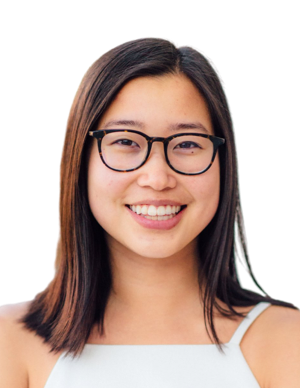
Catherine Zhang
Stanford University
2024
I am a 4th year Cancer Biology PhD candidate in the Bassik and Greenleaf labs at Stanford. I’m interested in the intersection between technology development, epigenetics, and tumor immunology. At Stanford, I study how macrophage state and function changes upon cancer cell phagocytosis during mAb treatment. This work can help us understand the regulators that drive dysfunctional macrophage states in cancer.
In my undergrad at Columbia University, I studied environmental science and biology—I’ve always been interested in how to transform scientific advancements into tangible action, whether through climate policy or therapeutics in biotech. I’ve worked on a wide range of problems from measuring background gamma radiation following nuclear weapons testing to developing better in vitro models to study tumor invasion. Following my undergrad, I worked in the Regev and Lander labs at the Broad Institute of Harvard and MIT to build a screening platform for human transcription factor domains to develop better tools for genetic engineering. Outside of research, I love live music, doing ceramics, and playing tennis.
WHAT IS A HEALTHCARE ADVANCEMENT YOU HOPE TO SEE IN YOUR LIFETIME?
Increased accessibility of early cancer diagnostics and personalized cancer treatment.
WHAT EXCITES YOU MOST ABOUT TECHBIO?
I am most excited by TechBio's potential to increase the pace of scientific progress. TechBio will enable the development of tools that leverage the availability of multiomics data to accelerate drug discovery, design de novo proteins for genome engineering, and bring therapeutics to the clinic faster.
WHAT IS THE MOST INFLUENTIAL CONTENT YOU READ LAST YEAR?
Trick Mirror by Jia Tolentino. A thought-provoking collection of essays on how our self-perception is shaped by the rise of internet culture.

Cheng Kai Lim
PhD, MBA, Nat’l University Of Singapore
2022
Cheng Kai Lim is a PhD-MBA student at the National University of Singapore, where he works on synthetic biology and DNA data storage. He is interested in developing tools that can enable everyone to engineer biology more effectively, thereby accelerating the process of bringing therapies to market. He is also keen on new models for doing science and how it can be more equitable. He was previously with iGEM as the Global Chair of their Entrepreneurship Programme (EPIC), and has worked in multiple biotech startups, helping them drive their business development efforts. Cheng Kai was a Leader of Tomorrow for the 2020 iteration of the GapSummit, a conference dedicated to selecting top potential biotech leaders, and was also a highly commended awardee for the Global Undergraduate Thesis awards.
In his free time, Cheng Kai enjoys playing the piano, bouldering and reading all sorts of content - online or offline.
GREATEST ACCOMPLISHMENT
Starting and running a completely virtual incubator programme for aspiring Synthetic Biology entrepreneurs for the past two years of the pandemic, and seeing some of the companies grow and thrive has been the most fulfilling thing of my life (so far!).
WHAT EXCITES YOU ABOUT ARTIS
To me, ARTIS is a pioneer in the TechBio space, which is something that I've always been interested in, but never conceptually developed until now. I believe that working with ARTIS will allow me to immerse myself in this space, and hopefully inspire me to start a TechBio company of my own!
RECENT INNOVATION OR DISCOVERY THAT HAS HAD GREATEST IMPACT ON TECH/HEALTH
The change in mindset for scientists to think about potential commercialization of their work. The shift in career paths from academia to entrepreneurship, driven by the many innovations in bio-startup models, will likely be the genesis of the next TechBio game changers.
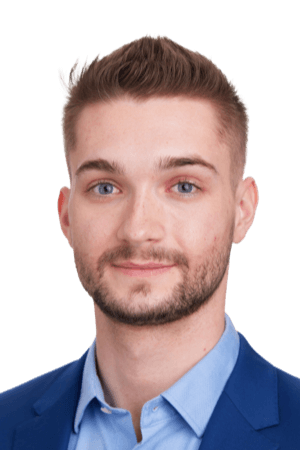
Collin Spencer
Senior Fellow
2023
Collin is a PhD candidate in Biomedical AI at Mount Sinai, where he develops and applies machine learning methods for emerging single-cell and spatial biotechnologies, modeling cellular dynamics in Alzheimer's Disease and aging to discover novel therapeutic targets.
Beyond the lab, he is passionate about growing the biotech community. He co-founded Nucleate NYC, an accelerator for life science ventures, and Nucleate Policy, an initiative to educate and incubate biotech policy. He also serves as a co-founder and board member of OUTbio Greater New York to connect and support the LGBT+ biotech community.
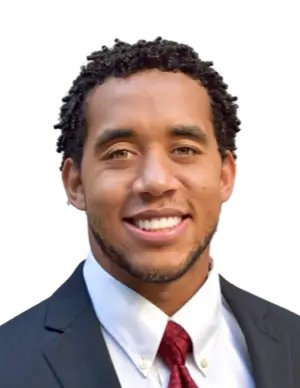
David Bunn, MD, MPH
Harvard University
2025
David Bunn is a fourth-year internal medicine resident and John McArthur Medicine Leadership fellow at Brigham and Women’s Hospital, and an MBA candidate at Harvard Business School. He earned his MD from Harvard Medical School and an MPH in Health Policy from the Harvard T.H. Chan School of Public Health, after completing his Bachelor of Science in Biology at the University at Albany. His research sits at the intersection of cardiology, health policy, and digital innovation. His work has focused on telehealth, Medicare Advantage, and, more recently, AI-enabled care delivery through Mass General Brigham’s Accelerator for Clinical Transformation to enhance cardiovascular care. Beyond his research, David co-founded Aidra Health, a venture improving medical equipment access in Nigeria. He is passionate about care delivery innovation, equity, and the thoughtful integration of technology into clinical practice to enhance patient care.
What is a healthcare advancement you hope to see in your lifetime?
The healthcare advancement I most hope to see in my lifetime is the evolution of AI into a tool that not only enables precision medicine, tailoring therapies to each patient's unique clinical and biological context but also reinforces the humanistic aspects of health care. By easing administrative tasks and supporting clinical workflows, AI can help create a more patient-centered system‚ one that frees providers to focus on the relationships at the heart of medicine while empowering patients to better understand and engage in their health care.
What excites you most about working with ARTIS?
What excites me the most about ARTIS is the opportunity to work alongside passionate individuals who share a commitment to transforming healthcare. I am inspired by ARTIS's mission to make meaningful, impact-driven investments in companies that address real patient needs and challenges in healthcare.
What is the most influential content you read last year?
Deep Medicine: How Artificial Intelligence Can Make Healthcare Human Again by Eric Topol
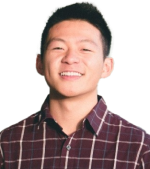
David Mai
PhD Candidate, University of Pennsylvania
2022
David is a Bioengineering PhD student at the University of Pennsylvania in Dr. Carl June's Lab working on T cell engineering to enhance function in solid tumor settings. Previously, he completed undergraduate degrees in Bioengineering and Electrical Engineering and Computer Sciences at UC Berkeley, where he worked on magnetic particle imaging and point-of-care diagnostics research, which he took through the NSF I-Corp program and UC LAUNCH accelerator as a startup called Clean Slate.
A San Francisco native, David enjoys outdoor adventures and trying new bakeries, and appreciates a good public transportation system. He currently focuses his free time on keeping up with new science and tech, rock climbing, and improving his pottery practice.
GREATEST ACCOMPLISHMENT
Becoming the first person in my family to go to graduate school working toward becoming the first to obtain a PhD.
MOST INFLUENTIAL CONTENT READ/LISTENED TO IN PAST YEAR
"Range" by David Epstein, which discusses how there is value in spending more time exploring as a generalist as opposed to becoming a specialist earlier. Broadened thinking and cross-domain experiences have characterized some of the most successful people in their trades, and become more advantageous in a society where some specializations can be delegated to machine intelligence.
RECENT INNOVATION OR DISCOVERY THAT HAS HAD GREATEST IMPACT ON TECH/HEALTH
Computation-augmented design of therapeutic molecules both chemical and biomolecular. Advances in computational methods combined with increases in the amount and generation of high-quality data has uniquely enabled the development and testing of molecules unknown to our understanding of the natural world.

Dillan Villavisanis
MD Candidate, Mount Sinai
2022
Dillan is a fourth year MD Candidate at the Icahn School of Medicine at Mount Sinai and Research Fellow at the Children’s Hospital of Philadelphia in the Division of Plastic & Reconstructive Surgery. His current research includes translational innovation, applications of machine learning to clinical datasets, and global surgery.
Dillan graduated from Johns Hopkins with a BA in Medicine, Science, & the Humanities and Anthropology as a Hodson Scholar. During undergraduate he pursued a year studying Biochemistry at Oxford and a semester in Sydney at the Garvan Institute. Previous research at Johns Hopkins Medicine on neuronal synaptic plasticity and sensory impairment was supported by the James West Fellowship, Robert Young Grant, and Provost Undergraduate Research Award. He has authored over forty peer-reviewed publications and 100 abstracts.
In the community he enjoys serving as Co-Chair of the Young Leadership Board for Smile Train, as Co-Chair of the Curriculum Committee for the Gay and Lesbian Medical Association, and on the Advisory Board of the Hispanic Scholarship Fund.
MOST INFLUENTIAL CONTENT READ/LISTENED TO IN PAST YEAR
"Grit" by Angela Duckworth
HEALTHCARE ADVANCEMENT YOU HOPE TO SEE IN YOUR LIFETIME
Advancement of CRISPR-based therapies for currently incurable conditions including HIV
GREATEST ACCOMPLISHMENT
Attending undergraduate and medical school covered by scholarships and grants
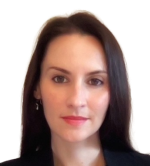
Donna Taraborelli
DrPH Candidate, Harvard
2022
Donna Taraborelli is a Doctor of Public Health candidate at Harvard. As part of her doctoral research, she worked with a startup founded by a sleep scientist who developed a platform technology to shift human circadian rhythms to optimize sleep. Donna is the co-Managing Director of Nucleate Genesis, a student-led venture creation education program for life science trainees, and is on the leadership team of the Public Health Innovation x Technology Student Forum. She was previously a fellow with Yard Ventures and Harvard’s Office of Technology Development. Donna and her team were also part of Harvard i-Lab’s Venture Incubation Program and semi-finalists in the President’s Innovation Challenge.
Prior to Harvard, Donna worked in drug development across big and small pharmaceutical companies. Most recently, her work supported Clearside Biomedical’s IPO in 2016. She also co-led the company’s first new drug application for XIPERETM, approved in 2021 for the treatment of noninfectious uveitis, and spearheaded the company’s ocular gene therapy delivery program.
GREATEST ACCOMPLISHMENT
Being accepted into Harvard’s Doctor of Public Health program was a dream come true!
MOST INFLUENTIAL CONTENT READ/LISTENED TO IN PAST YEAR
"Unhealthcare: A Manifesto for Health Assurance" by Hemant Taneja & Stephen Klasko
RECENT INNOVATION OR DISCOVERY THAT HAS HAD GREATEST IMPACT ON TECH/HEALTH
Next generation genomic sequencing is important for the identification and surveillance of new pathogens to prevent and control outbreaks such as COVID-19. The data generated gives us the ability to estimate the prevalence of variants at a population level and optimize development of targeted treatments and vaccines.
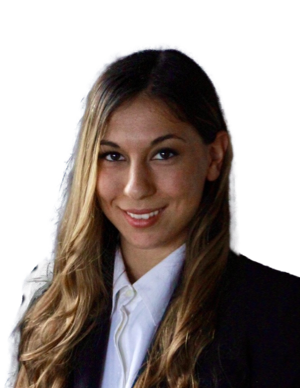
Emily Lerner
MD/PhD Candidate, Biomedical Engineering, Duke
2023
Emily is a 6th year MD/PhD candidate at Duke University School of Medicine, where she studies under the mentorship of Dr. Peter Fecci in the Duke Brain Tumor Immunotherapy Program. Emily’s research focuses on characterizing MHC-I-independent CD8 T cell cytotoxicity as well as developing novel cancer therapies to combat tumor heterogeneity and antigen escape.
She previously completed a Master of Health Science in Duke University School of Medicine’s Clinical Research Training Program and an undergraduate degree in neuroscience from Northwestern University.
Outside of work, Emily enjoys spending time with her family and friends, baking & cake decorating, mountain biking, and glass blowing.
HEALTHCARE ADVANCEMENT YOU HOPE TO SEE IN YOUR LIFETIME
I hope that personalized treatment for cancer becomes commonplace. Tumors are incredibly heterogeneous, both between patients, and on a cellular level within an individual tumor. Our treatment strategies must be equally diverse and tailored.
GREATEST ACCOMPLISHMENT
The manuscript of my PhD thesis work, which revolves around the groundbreaking discovery that CD8+ T cells can execute cytotoxicity against tumor cells in an antigen-independent and MHC-independent manner. This challenges the conventional understanding of how CD8 T cells kill tumors and suggests that individuals with MHC-I mutations can still benefit from CD8 T cell-dependent immunotherapies.
GREATEST IMPACT IN TECH/HEALTH
One of the notable advancements in oncology in recent years is the success of antibody drug conjugates (ADCs), especially in treating metastatic HER2+ breast cancer. ADCs demonstrate superior responses compared to monoclonal antibodies alone, even in cases of low target expression (such as HER2 low).
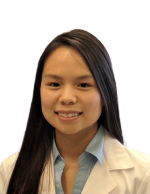
Emily Su
PhD Candidate, Johns Hopkins
2022
Emily is a Biomedical Engineering PhD candidate at Johns Hopkins University, where she also completed her bachelor’s degrees in Biomedical Engineering and Applied Math & Statistics. Her research centers on developing computational tools to aid in unraveling regulatory network structures within the cell and controlling cell identity transitions, with a particular focus in stem cell and developmental biology. Prior to graduate school, she worked in a synthetic biology lab where she studied calcium signaling and mechanosensation in primary cilia.
Outside of the lab, Emily dedicates time toward mentoring and teaching. She’s passionate about increasing diversity, inclusion, and innovation across STEM by making science approachable and by empowering young adults to pursue STEM fields. Beyond undergraduate courses, her teaching pursuits have also included developing stem cell biology summer immersion programs for high school students.
In her free time, Emily loves streaming drama series and indulging in ice cream and coffee.
HEALTHCARE ADVANCEMENT YOU HOPE TO SEE IN YOUR LIFETIME
Any advances in regenerative medicine or biotherapeutics that would help assuage the organ transplant crisis
GREATEST ACCOMPLISHMENT
As a kid, overcoming a fear of water, learning how to swim, and eventually joining the swim team
RECENT INNOVATION OR DISCOVERY THAT HAS HAD THE GREATEST IMPACT ON TECH/HEALTH
Single-cell omics and analysis
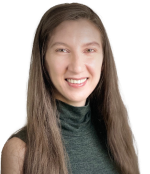
Eriona Hysolli, PhD
Postdoc, Harvard
2021
Eriona Hysolli is a Postdoctoral Researcher in George Church's lab at Harvard Medical School, with a background in stem cell biology, synthetic bio and genetics. While at Harvard, Eriona has worked both on the GP Write Consortium and Woolly Mammoth Revival.
Previously, she was a graduate student at Yale University studying reprogramming of human fibroblasts to iPSCs.
Outside of work, Eriona is an avid table tennis player and hiker and enjoys writing about science in the form of press releases, and long-form stories.
HEALTHCARE ADVANCEMENT YOU HOPE TO SEE IN YOUR LIFETIME
In the near future, replacing cells/organs using stem cell technologies to increase quality of life and life expectancy.
MOST INFLUENTIAL CONTENT READ LAST YEAR
Studies from Roland Griffiths, PhD, on using psychedelics to treat disorders of the mind.
WHAT EXCITES YOU ABOUT ARTIS
Partaking in a process that makes change happen, instead of hoping it happens.

Fatima Enam, PhD
Postdoc, Stanford
2021
Fatima is a Postdoctoral Fellow at Stanford University School of Medicine. Her research in the Sonnenburg Lab focuses on the rational design of the gut microbiota with the goal of controlling the persistence and abundance of bacterial strains.
She was born in Bangladesh and grew up in Saudi Arabia before packing her two suitcases to go to graduate school in the US. Fatima received her PhD in Chemical Engineering from Iowa State University, where she was an NSF Trinect Fellow and a Brown Graduate Fellow.
In her graduate work, she harnessed the programmability of microbes to help elucidate the staggering complexity of glycans and expand the glycobiology toolbox.
Outside of work, Fatima enjoys hiking, perfecting her recipes and she loves boba tea.
HEALTHCARE ADVANCEMENT YOU HOPE TO SEE IN YOUR LIFETIME
Engineered bacterial therapeutics approved for use in humans that deliver a clinically meaningful impact on disease in patients.
GREATEST IMPACT IN TECH/HEALTH
I am currently reading 'The Code Breaker', an incredible biography on Jennifer Doudna by Walter Isaacson. From detailed moments in the race to understand CRISPR, to ethics in gene editing in humans, the book is enlightening and emphasizes how important curiosity is to advancing science.
WHAT EXCITES YOU ABOUT ARTIS
I am most excited about this opportunity because it merges my passion for biology, innovation and business to solve our world's most pressing issues. Scouring the world for the brightest entrepreneurs with the boldest ideas in TechBio and helping them live out their potential excites me.
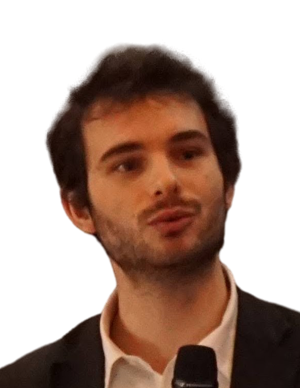
Felix Raimundo
UMass Chan Medical School
2024
"Felix is a postdoctoral fellow in Professor Moore's group at UMass Chan Medical School. His research applies machine learning methods to understand DNA regulation.Felix completed his undergraduate studies in mathematics in France before earning an MSc in computer science from Telecom Paris. He then obtained his PhD in computational biology through a joint position between Mines Paris, Institut Curie and Google DeepMind.His doctoral research focused on evaluating AI methods for analyzing single-cell multiomics data in Triple Negative Breast Cancer. Following his PhD, Felix led the target discovery team at an immuno-oncology biotech startup before returning to academia.Felix's research interests lie at the intersection of wet and dry lab work. He aims to design experiments and datasets that are conducive to machine learning analysis, bridging the gap between experimental biology and computational methods.
WHAT IS A HEALTHCARE ADVANCEMENT YOU HOPE TO SEE IN YOUR LIFETIME?
The healthcare advancement I hope to witness in my lifetime is a comprehensive molecular understanding of neurological and psychiatric conditions. Our current limited knowledge in this area significantly hinders our ability to diagnose, classify, and effectively treat patients. This gap in understanding leads to a substantial burden on both patients and their families.A deeper molecular insight into these conditions would likely revolutionize our approach to mental health and neurological disorders. It could potentially lead to more precise diagnostics, personalized treatment strategies, and ultimately, better outcomes for those affected. This advancement would not only improve individual patient care but could also alleviate the broader societal and economic impacts of these conditions.
WHAT EXCITES YOU MOST ABOUT TECHBIO?
What excites me most about techbio is that it represents the natural evolution of biology as a field. Techbio, and computational biology as a whole, are attempting to understand the fundamental rules of biology by applying systematic reasoning to it.In my view, techbio is poised to be the Newtonian revolution of biology. While we were perfectly capable of building bridges before Newton formalized the laws of motion and gravity, his work allowed us not only to understand the forces involved in physics but also to leverage this knowledge to construct skyscrapers and launch rockets. Similarly, by applying computational methods and systematic analysis to biological systems, techbio might offer us the tools to predict, model, and eventually manipulate biological systems with unprecedented precision, potentially leading to transformative advancements in medicine, biotechnology, and our overall comprehension of living systems.
FROM YOUR PERSPECTIVE, WHAT RECENT INNOVATION HAS HAD THE GREATEST IMPACT IN TECH/HEALTH?
From a healthcare perspective in developed nations, the rapid development of mRNA-based COVID-19 vaccines stands out as a recent innovative breakthrough. This technology allowed for an unprecedented swift response to the pandemic, significantly reducing potential death tolls and economic damage by preventing the collapse of healthcare systems.However, I find the logistical innovations and persistent efforts in global disease eradication even more impressive. The successful eradication of smallpox, the near-elimination of polio, and the promising progress against malaria showcase humanity's ability to combat devastating diseases on a global scale. The impact of these achievements in terms of lives saved and suffering prevented is immeasurable and represents a monumental stride in public health.
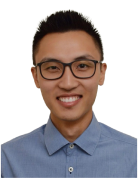
Gavin Hui, MD
Hem Onc Fellow, UCLA
2022
Originally from California, Gavin received his BA at the University of California, Berkeley, and completed his Internal Medicine Residency at Stanford. This year, he began his Hematology & Oncology Fellowship at UCLA. He is interested in the intersection of big data and cancer care. Outside of his professional career, he enjoys watching the Lakers and playing basketball.
HEALTHCARE ADVANCEMENT YOU HOPE TO SEE IN YOUR LIFETIME
AI integration in healthcare delivery
GREATEST ACCOMPLISHMENT
Staying close to family and friends through medical training
RECENT INNOVATION OR DISCOVERY THAT HAS HAD GREATEST IMPACT ON TECH/HEALTH
DNA/RNA sequencing and the advancements of cancer therapeutics from cytotoxic chemotherapy to more precise and targeted treatments
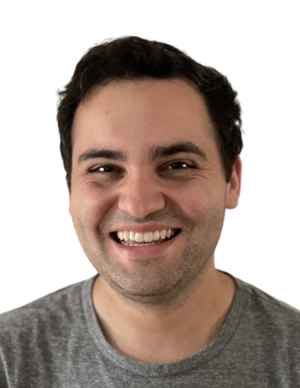
Grant Goldman
University of California, San Francisco (UCSF)
2024
"Grant is a current 4th year PhD candidate in Bioinformatics at UCSF. As a member of the Vasilis Ntranos Lab at the UCSF Diabetes Center, he is interested in applying techniques from natural language processing to interpret protein-coding variation. His past work has demonstrated that protein language models are accurate and scalable predictors of mutation pathogenicity, and that different classes of mutations (i.e., substitutions versus deletions) can systematically differ in their effects, mediated by structural and sequence contexts.
Before UCSF, Grant spent two years as a research assistant developing techniques in population and statistical genetics, which inspired him to pursue a career in Bioinformatics. He holds undergraduate degrees in Applied Math and Economics from Brown University.
WHAT IS A HEALTHCARE ADVANCEMENT YOU HOPE TO SEE IN YOUR LIFETIME?
Approximately 90% of drug candidates fail clinical trials, increasing costs and reducing patient access. However, drug candidates supported by human genetic evidence are far more likely to succeed in trials, suggesting that genetics can play a crucial role in supporting new therapeutics. While genetics has already successfully informed therapeutic development for specific indications, I am excited for a future where genetics is readily integrated into all parts of the drug discovery and development process.
WHAT IS THE MOST INFLUENTIAL CONTENT YOU READ LAST YEAR?
I’m a huge reality TV fan, and Emily Nussbaum’s ""Cue the Sun"" was a fascinating look into the history of the genre and its impacts on culture, politics, and the broader entertainment industry.
FROM YOUR PERSPECTIVE, WHAT RECENT INNOVATION HAS HAD THE GREATEST IMPACT IN TECH/HEALTH?
AI models are highly data-intensive, and AI advances in biology were only made possible by training on massive amounts of publicly available, harmonized data. Thus, efforts to curate and aggregate vast amounts of biological data (and make this data publicly accessible) have an outsized impact on biotech and healthcare.
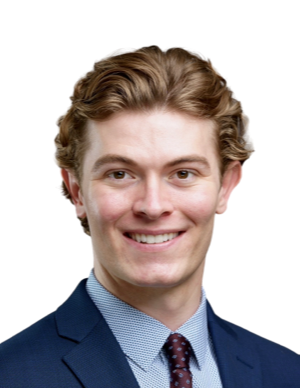
Gunnar Mattson
University of California, San Francisco (UCSF)
2024
Gunnar is a fourth-year MD student at UCSF with a robust research background and industry experience. His work ranges from regenerative medicine to digital health and he brings valuable insights from the private sector. Gunnar graduated from Johns Hopkins University with a BS in Biomedical Engineering, concentrating on the translational research of tissue engineering and the clinical applications of biomaterials. After completing his undergraduate studies, he worked with Johnson & Johnson's Global Public Health group across therapeutic initiatives of HIV, Tuberculosis, Ebola, COVID-19, and mental health, striving to make life-saving innovations available, affordable, and accessible for the world’s most underserved populations. He also earned an MPH from Johns Hopkins Bloomberg School of Public Health, focusing on the health security implications of biotechnology, including dual-use oversight of research related to gene editing and synthetic biology. Beyond his academic pursuits, Gunnar is deeply committed to environmental and climate advocacy within his community.
WHAT IS A HEALTHCARE ADVANCEMENT YOU HOPE TO SEE IN YOUR LIFETIME?
The development of lab-grown organs and tissues that are tailored to a patient’s specific needs, thereby minimizing the risks of organ transplantation, reducing the demand for organ donors, and solidifying regenerative medicine as a cornerstone of modern medicine and personalized healthcare.
WHAT EXCITES YOU MOST ABOUT TECHBIO?
The opportunity for innovations in technology to influence the future of medicine and transform the way that we personalize care for our patients. It is inspiring to see ventures that are not only pushing the boundaries of innovation but also taking the initiative to translate their ingenuity into groundbreaking products with the potential to dramatically improve health outcomes on a global scale.
WHAT IS THE MOST INFLUENTIAL CONTENT YOU READ LAST YEAR?
The Will of The Many by James Islington – it is an enthralling story that explores themes of power, resilience, and systemic inequity to comment on access and control of knowledge within society.
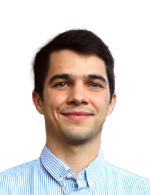
Guy Wilson
PhD Candidate, Stanford
2022
Guy is a neuroscience PhD student at Stanford University, where he works with Professor Krishna Shenoy of the Stanford Neural Prosthetics Translational Laboratory (NPTL) and Professor Shaul Druckmann in the Department of Neurobiology. He previously studied mathematics and molecular biology at the University of California, Berkeley, where he worked in Professor Robert Knight's lab analyzing EEG and ECoG recordings.
Guy joined the BrainGate clinical trial team in 2019, where he works on algorithms for intracortical brain-computer interfaces (BCIs). His research focuses on translating basic science into high-performance BCI systems, leveraging unparalleled access to high spatiotemporal resolution signals from individual brain cells. This includes prototyping speech decoding systems, as well as building robust systems that can fare against changing neural signals, with the ultimate aim of helping move BCIs from the lab and into the clinic.
While born on the east coast, Guy has traded teams and embraced the mild California climate. He enjoys hiking around the Bay Area in his spare time.
MOST INFLUENTIAL CONTENT READ/LISTENED TO IN PAST YEAR
"War and Peace and War" by Peter Turchin
WHAT EXCITES YOU ABOUT ARTIS
Being part of a team that's helping expand the TechBio frontier alongside some really interesting companies. Tons of fascinating science as well as healthcare advances.
RECENT INNOVATION OR DISCOVERY THAT HAS HAD GREATEST IMPACT ON TECH/HEALTH
I would love to mention a cool neuroscience discovery here but it would have to be CRISPR. Precise sequence targeting has massively aided basic biology research and will likely provide groundbreaking therapies in the coming years.

Isaac Sebenius
University of Cambridge
2024
Isaac is a fourth-year PhD student at the University of Cambridge in Psychiatry and Computer Science. A Gates-Cambridge scholar, his research combines large-scale data in neuroimaging and genetics to understand the network structure of the human brain and how it relates to mental illness. More generally, Isaac is interested in approaching open questions in biology – from genomics to imaging and beyond – by creating new, bespoke computational methods that leverage biological knowledge, rather than relying on existing off-the-shelf techniques. Isaac is also passionate about science communication, and enjoys writing for popular news outlets as much as for peer-reviewed journals. Before his PhD, Isaac studied molecular biology at Harvard University (A.B.) and computer science and machine learning at Cambridge (MPhil). If he’s not at his computer, you can probably find Isaac making music, out on a run, or baking a cake.
WHAT IS A HEALTHCARE ADVANCEMENT YOU HOPE TO SEE IN YOUR LIFETIME?
I hope to see a wave of novel, effective therapies for neuropsychiatric disorders. I believe we are on the precipice of a sea change in how we treat mental illness; the scope and scale of emergent technologies – including brain stimulation, psychedelic therapy, neuroimmune drug development, and AI-guided precision treatment – leave me excited that a radical shift may be just on the horizon.
WHAT EXCITES YOU MOST ABOUT TECHBIO?
For me, the promise of TechBio boils down to two words: creativity and impact. I have yet to come across another space so intent on combining such creative, interdisciplinary innovation with a clear vision for global (human) impact.
WHAT IS THE MOST INFLUENTIAL CONTENT YOU READ LAST YEAR?
"Walk Through Walls" by Marina Abramovic. Reading this autobiography, I felt so privileged to be let into the unique mind of someone who has fundamentally redefined our conception of “art,” while maintaining such clarity of vision, purpose, and meaning.
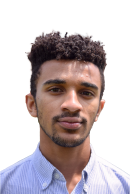
Jeremiah Sims
MD/PhD Candidate, University Of Washington
2022
Jeremiah Sims is an MD-PhD student at the University of Washington, where he studies under the mentorship of David Baker in the Institute for Protein Design. His ongoing work focuses on data-driven deep learning approaches to improve protein interface design and function, towards the goal of de novo protein therapeutics for infectious diseases. Jeremiah’s research focus anticipates a career in the protein-based pharmaceutical space, one that he hopes will be aided by recent technological advances in the laboratory and the clinic.
Hailing from Richmond, VA, Jeremiah developed deep passions for science, medicine, soccer, and music. As an undergrad, he studied Chemistry and began protein drug research in Elsa Yan’s Lab before pursuing a postbaccalaureate position at the NIH, where he developed an assay to probe malaria nutrient uptake.
In addition to being an ARTIS Fellow, Jeremiah is honored as this year’s Jim Valentine Fellow in homage of a great friend and longtime mentor of ARTIS who passed away after his long courageous fight with cancer. Jim is remembered for his brilliance, larger-than-life personality, and razor-sharp wit. He believed in taking risks, grand visions, and an entrepreneurial spirit, all the while maintaining his sense of humor. As a Valentine Fellow, Jeremiah embodies the technical expertise to drive innovation forward and the clinical focus to translate this research to impact human lives.
HEALTHCARE ADVANCEMENT YOU HOPE TO SEE IN YOUR LIFETIME
I hope to see an increased emphasis on personalized medicine, especially in a way that can appropriately balance the ways that we as humans are similar and different. I am optimistic that new machine learning tools to design novel therapeutics will facilitate the development of treatment plans that are right for each patient.
GREATEST ACCOMPLISHMENT
Despite rarely overlapping and demanding career schedules, my friend and I managed to complete and release an album that gained some mainstream support. It was an incredible experience to channel our creativity together, and our small success has reinforced to me the importance and joy of relentlessly pursuing creativity within and outside our careers.
MOST INFLUENTIAL CONTENT READ LAST YEAR
The Color of Law, by Richard Rothstein, was a great introduction into the roles that different levels of U.S. government played in the socioeconomic subjugation of Black Americans. Entertaining and pithy, it is a well-resourced book that hints at the multifaceted impact that location, food, environment, and social resources play in determining generational outcomes.

Jessika Baral
MD/PhD Candidate, Harvard
2022
Jessika is a second year MD/PhD candidate at Harvard Medical School with a broad range of research expertise, having worked previously at UC Berkeley and Stanford Medicine. She is primarily interested in computational biology, oncology, and immunology, and runs the Oncology Interest Group at Harvard Medical School.
She obtained her Bachelor’s degree in Biology, focused on Computational Biology and Genomics, and minored in Computer Science and Mathematics at Washington University in St. Louis, where she was awarded the Florence Moog Fellowship and was a part of the University Scholars Program. There, she worked with Dr. Li Ding, and focused primarily on cancer multi-omics research and better characterizing protein complexes integral to cancer progression. For her research, she has been named a Barry Goldwater Scholar and an Astronaut Scholar, and received the 2019 Palantir Women in Technology Scholarship.
She grew up in the Bay Area in California and enjoys spending free time in nature, choreographing and teaching dance, and trying new cuisines to fuel her inner foodie.
HEALTHCARE ADVANCEMENT YOU HOPE TO SEE IN YOUR LIFETIME
Successful preventative treatment approaches to chronic pain
WHAT EXCITES YOU ABOUT ARTIS
I can't wait to work alongside the other fellows and the AV community in creating tangible, lasting change.
RECENT INNOVATION OR DISCOVERY THAT HAS HAD GREATEST IMPACT ON TECH/HEALTH
AlphaFold 2

Julian Horwitz, MD
Transplant Surgery Fellow, UCLA
2021
Julian Horwitz is a transplant surgery fellow at UCLA. He grew up in a small town outside of Boston.
Julian received his MD from the NYU School of Medicine and completed a general surgery residency at the Mount Sinai Hospital in NYC. During residency, Julian spent two years as a post-doctoral research fellow in a translational transplant immunology lab at the Icahn School of Medicine at Mount Sinai, focusing on novel approaches to achieving immune tolerance.
Julian is an avid skier and he loves spending time with his wife and dog, Peanut.
HEALTHCARE ADVANCEMENT YOU HOPE TO SEE IN YOUR LIFETIME
The foremost problem in the field of transplantation is the massive discrepancy between the number of patients on organ waiting lists (demand) versus the supply of organs for transplantation from deceased and living donors. I hope to see the transplant community overcome the supply issue through advances in the fields of xenotransplantation and bioengineered organs.
MOST INFLUENTIAL CONTENT READ LAST YEAR
'10% Happier' by Dan Harris. A pragmatic and entertaining introduction to mindfulness and meditation. Within clinical medicine, mindfulness and wellness initiatives are being increasingly emphasized to address rising levels of physician burnout.
GREATEST ACCOMPLISHMENT
Being awarded the Arthur H. Aufses Jr., MD Prize in Surgery award (named after the prior Mount Sinai surgery chair) at my residency graduation for clinical excellence and leadership.
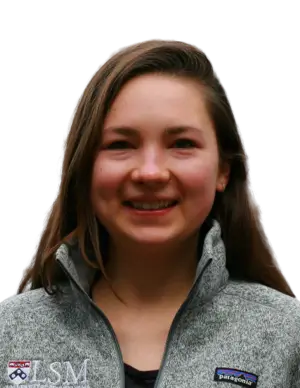
Katherine Novak
Princeton University
2025
As a member of Penn's LSM program, Katherine completed her Bachelors’ in both Biochemistry and Finance. She interned in both academia and industry, including biotech, during her summers. Outside of school, Katherine was also involved in coordinating the Biochemistry Seminar Speaker Series and Wharton Leadership Ventures. Afterwards, Katherine joined the M&A team at Citigroup as an Analyst. In that time, she worked with the industry-agnostic product group on a variety of deals spanning telecommunications, industrials, transport, datacenters, consumer, and healthcare. From there, Katherine returned to New Jersey to the Graduate School at Princeton to join the Molecular Biology Department. Katherine is currently working towards her PhD in the Lewis Sigler Institute for Genomics, studying cognitive aging and germline-to-neuron signaling pathways in the model organism, C. elegans.
What is a healthcare advancement you hope to see in your lifetime?
Treatment for high-burden indications in the CNS field. While scientific, financial, and regulatory barriers exist still in targeting the brain in devastating brain disorders, I hope to see this healthcare advancement in my lifetime."
What excites you most about working with ARTIS?
At ARTIS, I'm really excited to work alongside the team to contribute to diligence and meet founders. I hope to learn a lot regarding new areas of Tech Bio+Health and understand the strategy behind programs in the AV ecosystem."
What is the most influential content you read last year?
Mountains Beyond Mountains by Tracy Kidder. A biography of Dr. Paul Farmer's life and work in public health.
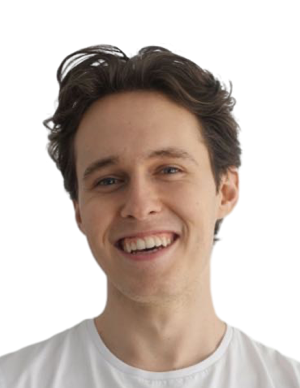
Luke Priestley
University of Oxford
2024
Luke is a PhD candidate at the University of Oxford, where he works at the intersection of neuroscience and psychology. In his research, Luke combines cutting-edge brain imaging, brain stimulation, and quantitative modelling techniques to understand how brain activity gives rise to fundamental aspects of cognition and behaviour. Before studying at Oxford, Luke completed a B.A. in Philosophy and Psychology at the University of Sydney. Outside of work, he enjoys spending time on the tennis court, playing and listening to music, and contemporary art.
WHAT IS A HEALTHCARE ADVANCEMENT YOU HOPE TO SEE IN YOUR LIFETIME?
I hope to see individualised phenotyping and treatment become standard in all fields of medicine. I think that this will be particularly important for psychiatric and neurological disorders, where patients with the same diagnosis often exhibit strikingly divergent symptom patterns.
WHAT EXCITES YOU MOST ABOUT TECHBIO?
Everything! But in particular, I'm excited about novel computational techniques that can capture and predict biological processes 'in silico'. Better models of biological phenomena will facilitate the design of more effective experiments, provide deeper insights from the data we have, and ultimately drive the development of superior medical therapies at faster rates than ever before.
WHAT IS THE MOST INFLUENTIAL CONTENT YOU READ LAST YEAR?
“Why Trust Science?”, by scientist-turned-historian, Naomi Oreskes. It is a timely and erudite history of science as a form of human activity: how it works, why it works, and the social and political responsibilities of scientific practitioners to ensure that public trust is not broken.
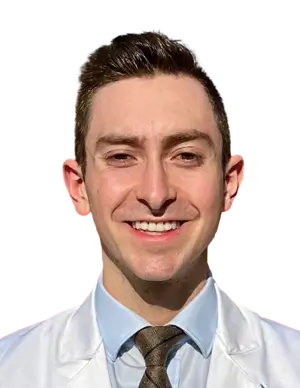
Luke Tomasovic
Johns Hopkins University School of Medicine
2025
Luke is a 4th-year MD-PhD candidate at Johns Hopkins, currently pursuing a PhD in Biomedical Engineering. He previously earned a B.S. in Chemical & Biomolecular Engineering from Georgia Tech. Luke's research leverages protein engineering techniques to develop antibody/cytokine fusion proteins for targeted activation or regulation of the immune system. Long-term, he hopes to become an abdominal transplant surgeon and work to develop new immunosuppressive therapies for organ transplant recipients.
What is a healthcare advancement you hope to see in your lifetime?
Dismissed as a distant dream, it was previously said that: xenotransplantation is the future and always will be. But I believe that in the coming decades, pig-to-human xenotransplantation will finally become a clinical reality and expand the supply of donor organs for individuals with end-stage organ disease.
What excites you most about working with ARTIS?
I'm excited to collaborate with and learn from the talented partners, analysts, and fellows at ARTIS. I also look forward to gaining more insight into how an invention in the lab is translated into a viable therapeutic that reaches patients.
What is your greatest accomplishment?
Finishing an Ironman triathlon and, more importantly, completing a two-foot-long burrito eating challenge afterwards.

Madelynn Whittaker
PhD Candidate, Bioengineering, University of Pennsylvania
2023
Madelynn is an NSF Graduate Research fellow pursuing a PhD in Bioengineering at the University of Pennsylvania. Her primary research focuses on engineering novel gene editing approaches to reduce cardiovascular disease risk and reverse metabolic disease-causing mutations. She aspires to pioneer the development of gene editing therapies, hoping to translate them as the next form of personalized medicine.
As a California native, Madelynn earned her Bachelor of Science degree in Bioengineering from UC Berkeley, with a primary research focus on cardiovascular science at the Gladstone Institute of UCSF. After graduation, she pursued a post-baccalaureate research position at Massachusetts General Hospital, where she specialized in characterizing novel engineered CRISPR-Cas9 variant proteins.
When she's not in the lab, you'll find Madelynn on the beach volleyball court, rollerblading along the Philadelphia Schuylkill River trail, or enjoying a sitcom episode (or two).
HEALTHCARE ADVANCEMENT YOU HOPE TO SEE IN YOUR LIFETIME
I hope to witness two major advancements:
1 - The development and translation of personalized medicine for Mendelian genetic disorders, allowing for immediate treatment after birth or, in cases where symptoms manifest during fetal development, in utero intervention.
2 – Complete understanding of Alzheimer's Disease (AD) through accurate mechanistic insights, the development of reliable AD biomarkers usable in routine primary care appointments, and the creation of effective treatments or cures applicable in the disease’s early stages.
GREATEST ACCOMPLISHMENT
Earning authorship on a paper published in Science right after college was a monumental effort and a notable achievement on paper. In a non-traditional sense: creating a music video to recruit grad students for my previous lab, set to the tune of "The Fresh Prince of Bel-Air"
MOST INFLUENTIAL CONTENT READ LAST YEAR
This past spring, Julia Vitarello delivered a powerful and intimate talk to a select audience of leading gene editors and their students. She is a remarkable mother who, despite not having formal scientific training, single-handedly developed an ASO therapy for her daughter who died from Batten Disease in 2021.
Julia navigated the complexities of the FDA to obtain special approval for her precision drug tailored to her daughter’s disease-causing mutation. Julia’s talk emphasized that every patient, regardless of the rarity of their mutation, deserves efforts towards finding a therapeutic solution.

Morgan Janes
PhD Candidate, MIT/Harvard
2022
Morgan is a fourth year PhD candidate and NSF graduate research fellow in the interdisciplinary Health Sciences and Technology (HST) program at Harvard and MIT. As a member of the Mitragotri Lab at Harvard SEAS, her interests span the fields of drug delivery and cell therapy with ultimate applications in immuno-oncology. Her research focuses on (i) the development of drug delivery technologies to locally manipulate cell therapies and (ii) the use of bioinspired materials to tune the kinetics of cancer vaccines.
Outside of the lab, she is passionate about engaging with the biotech community in Cambridge to create forums for discussion and innovation. She serves as co-president of the MIT Biotech Group and is a co-founder and leader of the Area Two Bio Fund, an investment club for publicly traded biotech companies.
Morgan received her BS in Bioengineering from the University of Maryland. In her free time, she enjoys doing gymnastics, hiking, pageantry, and finding the best matcha lattes in Boston.
HEALTHCARE ADVANCEMENT YOU HOPE TO SEE IN YOUR LIFETIME
"One and done" therapies for chronic, multifactorial diseases like heart disease
MOST INFLUENTIAL CONTENT READ LAST YEAR
Various non-fiction books and articles about gerotherapeutics - drugs with the potential to extend healthspan and lifespan by mitigating age-related disease
RECENT INNOVATION OR DISCOVERY
Base and prime editing, which have greatly expanded the space of genetic diseases potentially addressable using CRISPR
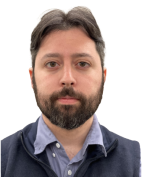
Nezar Abdennur, PhD
Postdoc, MIT
2021
Nezar is a Postdoctoral Researcher at MIT, where he also did his PhD in computational biology, specializing in the 3D organization of the genome and its relationship to the epigenome. He is from Ottawa, Canada and now lives in the Boston area.
His life sciences studies began in biochemistry and biophysics, and now are heavily focused on data science, machine learning and scientific software development initiatives to drive biomedical discovery.
Nezar also loves working across disciplines, exploring connections between disparate fields such as genomics and quantitative finance.
Outside of science, software, and entrepreneurship, he enjoys running, sketching and playing with his infant daughter.
HEALTHCARE ADVANCEMENT YOU HOPE TO SEE IN YOUR LIFETIME
Better public health monitoring integrated into our urban infrastructure. As modern societies we will need to develop a better collective immune system to intercept and curtail emerging infectious diseases before they become pandemics.
GREATEST IMPACT IN TECH/HEALTH
Next-generation DNA sequencing. As Linus Torvalds once said about Git “If you can do something really fast really well people start using it differently”. I’d add “really cheap” to that list. Low cost NGS allowed us to not just use sequencing for its own sake (assemble genomes and call variants), but gave rise to all the “Layer 2” technologies that exploit DNA sequencing as a readout to profile and measure all kinds of other biological information that has and will continue to revolutionize medicine.
MOST INFLUENTIAL CONTENT READ LAST YEAR
I recently read Ray Dalio’s book on managing debt crises, which has changed my perspective on the dynamics of credit (and stimulus) in economic cycles.

Nirupama Vellanki Mithal
Boston University/ Boston Medical Center
2024
Niru is a second year cardiology fellow at Boston Medical Center/Boston University. She earned her MD and graduated cum laude from Boston University School of Medicine. She completed her residency in Internal Medicine at Beth Israel Deaconess Medical Center/Harvard Medical School and later worked as an attending physician there in the division of Hospital Medicine. She also worked as a clinical scientist at Anumana, Inc., where she focused on study design and validation of AI-ECG algorithms for early diagnosis of cardiovascular disease. Her clinical research concentrated on disparities in outcomes amongst underrepresented populations with advanced heart failure requiring left ventricular assist devices (LVADs). She has an interest in medical device development and plans to pursue an additional fellowship in interventional cardiology. She is excited to bring her blend of clinical expertise and interest in technological innovation to ARTIS.
WHAT IS A HEALTHCARE ADVANCEMENT YOU HOPE TO SEE IN YOUR LIFETIME?
Advancements in personalized medicine, particularly through the use of AI and big data. The analysis of large data sets can provide precise insights to tailor treatments to individual genetic, environmental, and demographic factors. Hopefully this will lead to more effective therapies that can benefit populations that were previously underrepresented in clinical trials.
WHAT IS THE MOST INFLUENTIAL CONTENT YOU READ LAST YEAR?
Outlive: The Science and Art of Longevity by Peter Attia
WHAT IS YOUR GREATEST ACCOMPLISHMENT?
Persevering through my first year of internal medicine residency during the height of the COVID pandemic in March 2020.
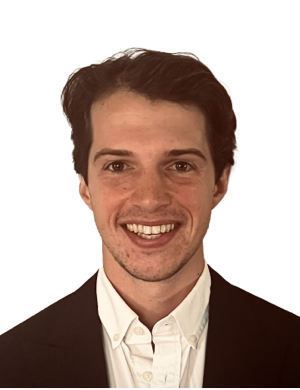
Patrick Cooke
PhD Candidate, Neuroscience, Johns Hopkins
2023
Patrick is in the sixth year of his PhD at the Johns Hopkins School of Medicine. As a member of David Linden’s lab, he focuses on understanding the mechanisms underlying neuroplasticity and their translational applications across a broad spectrum of pathologies from injury and degeneration to mood and neuropsychiatric disorders. His current research seeks to understand and characterize the regenerative potential of the adult mammalian brain.
Patrick is an avid member of the Hopkins and greater Baltimore community. He served as the President of Pro-Bono consulting for the Johns Hopkins Graduate Consulting Club where he sourced client companies and connected them with diverse teams of graduate students to solve business strategy related problems. He also co-founded a charitable non-profit, the Baltimore Electronic Collective, with a mission of providing a platform for and promoting local music artists. Outside of work he enjoys hiking, cooking, and mixing music.
HEALTHCARE ADVANCEMENT YOU HOPE TO SEE IN YOUR LIFETIME
I would love to see technical and systematic advancements in the detection, diagnosis, and treatment of neuropsychiatric and mood disorders.
GREATEST IMPACT IN TECH/HEALTH
Open-source version control systems such as Git.
Continued advancements in computational resources that enable critical scientific techniques from NGS and expression profiling to neuroinformatics.
MOST INFLUENTIAL CONTENT READ LAST YEAR
Mustards by Cindy Pawlcyn and The Wok by Kenji Lopez-Alt. Two cookbooks that have re-inspired my sense of creativity in the kitchen.
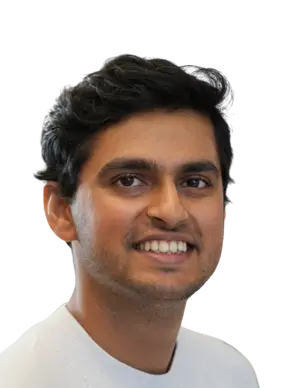
Preetham Venkatesh
University of Washington
2025
Preetham Venkatesh is a PhD candidate in David Baker’s lab at the University of Washington. His research focuses on designing proteins that interact with a broad range of biomolecules, from small molecules to peptides, to complex oligomeric receptors. Through this work, he aims to advance the development of new therapeutics and diagnostics. He earned his B.Sc. and M.Sc. in Chemistry, with a minor in Biology, from the Indian Institute of Science. Beyond the lab, he enjoys hiking, running, playing frisbee and chess.
What is a healthcare advancement you hope to see in your lifetime?
Improved understanding of neurodegenerative disorders, and the development of early interventions to prevent or reverse cognitive decline. I am optimistic that advancements in neuroscience, genetics and precision medicine will lead to breakthroughs that will improve quality of life and the aging process as society continues to live longer.
What excites you most about working with ARTIS?
I am excited to work with early stage biotech startups that are pushing new modalities of therapeutics and diagnostics. I am also looking forward to learning the business side of Tech Bio+Health, and how to pair innovation in technology with a sustainable business plan to build great companies.
What is the most influential content you read last year?
"We Wish to Inform You That Tomorrow We Will Be Killed with Our Families"" was a non-fiction account of the 1994 Rwandan genocide. It was a grim read but eye-opening in revealing how political and historical tensions can bring out extraordinary violence in otherwise ordinary societies.

Quang Nguyen
PhD Candidate, Oxford
2021
Quang is an Oxford-Hoffmann DPhil Candidate at the University of Oxford in the Nuffield Department of Medicine. His research integrates high-parameter experimental and computational analyses to identify novel CD8 T cells with immune regulatory functions in human lymphoid tissues. Quang co-founded the Science & Innovation Club at Oxford with faculty advisorship from the Saïd Business School. The club aims to bring research graduates from diverse disciplines in conversations with industry and investors about how to think and do science beyond the laboratory.
Quang moved from Vietnam to the US as a teen. He obtained his BS in Cell and Molecular Biology from Duke University. There he explored how gut microbiota influence B cell and antibody responses against HIV/SIV in the lab of Dr. Sallie Permar at the Duke Human Vaccine Institute. After college, Quang received a scholarship from the US NIH to work on HIV latency and cure in the lab of Dr. Richard Koup and Dr. Joseph Casazza at the Vaccine Research Center. He pursued an Erasmus LIVE MSc program in Vaccinology, rotating through Spain, Belgium and France. He conducted his master's thesis at GSK Vaccines where he proposed a study examining immunosenescence and vaccine responses in older adults. During this time, he also worked remotely as a research manager for an international public health network in the team of Prof. Bach Tran based in Hanoi, Vietnam.
In his free time, Quang enjoys learning mobile phone app development, reading, taking walks, volunteering in various college and scholarship committees, and having philosophical conversations.
HEALTHCARE ADVANCEMENT YOU HOPE TO SEE IN YOUR LIFETIME
A vaccine given to young people to prevent neurodegenerative diseases in older adults.
MOST INFLUENTIAL CONTENT LAST YEAR
'Hiểu Về Trái Tim' ('Understanding the Heart') is a book written by a well-respected Vietnamese monk about how to take control of our mind in time of challenges and opportunities.
GREATEST ACCOMPLISHMENT
Despite money being an issue in my family, I have managed to fund meaningful activities I have wanted to pursue. All my education up to now has been fully paid by various organizations, including the Bill & Melinda Gates Foundation, Michael & Susan Dell Foundation, Greenhouse Scholars, NIH, & National Association for the Education of Homeless Children and Youth.
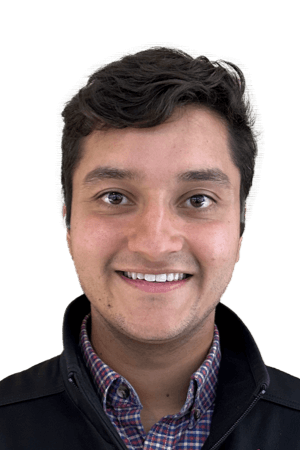
Raman Vilkhu
Senior Fellow
2023
Raman is an electrical engineering PhD candidate at Stanford University, where he works with Professor E.J. Chichilnisky (Department of Neurosurgery and Ophthalmology) and Professor Subhasish Mitra (Department of Electrical Engineering) on the Stanford Artificial Retina project. His research centers on enabling efficient calibration of brain-computer interface (BCI) devices through the use of biophysical modeling and electrical simulations.
Raman currently holds a Stanford Bio-X Bowes fellowship and was previously awarded the Stanford Graduate Fellowship to fully support his PhD work. He graduated with a MS in electrical engineering from Stanford University ('21) and a BS in electrical and computer engineering from The Ohio State University ('18). During undergrad, he worked in Professor Asimina Kiourti's lab working on next-generation wearable electronic devices, including textile antenna based edge-sensing devices and flexible batteries.
In his free time, Raman is an avid player of most racket sports (pickleball, tennis, table tennis, etc.) and enjoys going on hikes around the Bay Area.
HEALTHCARE ADVANCEMENT YOU HOPE TO SEE IN YOUR LIFETIME
I hope to see BCIs become a real option for patients. For certain neurological disorders, I believe BCIs give us the best shot to mitigate patient suffering and I am excited to see the clinical trials progress towards making them a mainstream option for those seeking the care.
GREATEST ACCOMPLISHMENT
During my first few years at Stanford, I was a part of a science pen-pals program paired with a high school class in Spain. It was a fun opportunity to write letters to the students, sharing things about my research experiences and in return learning about their lives. Fast forward a few years, the teacher told me that one of the students had gotten into Stanford to pursue engineering, directly inspired by the letters the class had exchanged with me years ago! The entire experience made me realize how meaningful every interaction can be -- in this case a hobby I took on for fun, ended up being far more rewarding than I could have imagined!
WHAT EXCITES YOU ABOUT ARTIS
What excites me most is the team: in our interactions they've shown not only a deep understanding of TechBio, but also an interest in training the next generation of TechBio investors. I am really excited to work with them and find ways to best leverage my PhD training in the venture space!
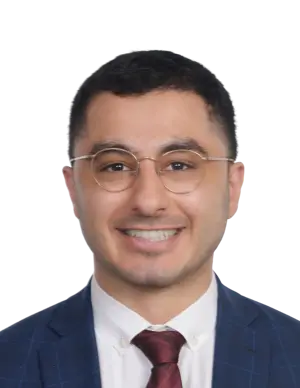
Ramtin Talebi, MD
UC San Francisco
2025
Ramtin is a second-year radiology resident at UCSF. His research and clinical interests lie in understanding and applying artificial intelligence applications to health care and the life sciences. He received his undergraduate degree in Chemical and Physical Biology from Harvard University and then worked as a machine learning engineer at the fintech Acorns prior to obtaining an MD at Sidney Kimmel Medical College. In his free time, he enjoys cooking, working on his Farsi, hopelessly watching the Lakers, and learning to play beach volleyball.
What excites you most about working with ARTIS?
The growth that comes with being the least knowledgeable person in the room, over and over. ARTIS is filled with a dynamic group finding and funding brilliant entrepreneurs, and I can't wait to learn both from our investing team and the founders.
What is the most influential content you read last year?
Grit: The Power of Passion and Perseverance by Angela Duckworth.
What is your greatest accomplishment?
I was raised in Southern California by a single mom from Iran. Looking back, my greatest accomplishment is keeping close bonds with her and my older brother while we created a life my younger self wouldn't believe.
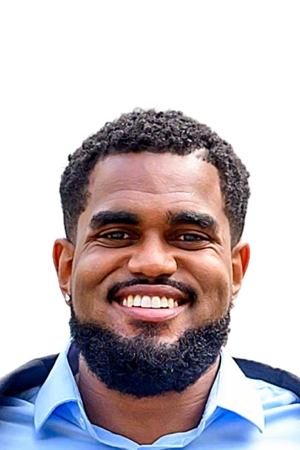
Reuben Hogan
MD/PHD Candidate, UCSF
2021
Reuben is currently enrolled in a Medical Scientist Training Program (MD/PhD) at University of California, San Francisco and starting his graduate training in the Krogan Lab, where he will be investigating the protein-protein interactions of APOE4 that account for its correlation with Alzheimer's disease.
His focus is on fostering the next generation of cellular and gene therapies that will address longstanding unmet needs for patients with chronic illness.
He obtained his Bachelor's in Molecular Biology & Biochemistry at Washington University in Saint Louis. Reuben has a broad range of research experience as a former Amgen Scholar at UC Berkeley and a MARC-uSTAR student at WashU among other research titles.
Proudly born and raised just outside New Orleans, LA, Reuben enjoys his free time making and eating good food and catching live music whenever possible. He balances this with time spent in the gym or hiking to offset his complicated relationship with butter and bacon. As a Black man, Reuben takes seriously his opportunities to champion STEM-related careers and their applications to young underrepresented minority students and can always be found in Black community organizations at UCSF.
HEALTHCARE ADVANCEMENT YOU HOPE TO SEE IN YOUR LIFETIME
With the arrival of gene-editing technologies, we are looking at a world where we can develop treatments that are more sustainable for patients by solving diseases rather than creating dependencies on medication. My family has always struggled with high levels of "bad" cholesterol, or LDL. Most of them were prescribed statins. With treatments such as those that edit the PCSK9 gene, families like mine may one day have an enduring alternative to the medications they pay for and take daily.
GREATEST IMPACT IN TECH/HEALTH
With CRISPR we can determine the function of almost any gene by generating knockouts in different settings. We can even use CRISPR variants to understand the consequences of increasing or decreasing expression of a gene in a cell at any time in any condition. This has huge potential for identifying genes that are important in different diseases. While CRISPR may or may not make big splashes in the clinic, it has already made big splashes in research that will accelerate our understanding of many different diseases.
GREATEST ACCOMPLISHMENT
Completing my MD/PhD application cycle with offers from nine universities. I did a gap year in the Bay Area working as a lab technician in the McManus Lab at UCSF and during that time I was also going through the application process. I was commuting an hour and a half to lab, working, taking classes and teaching at night. It was the busiest I had ever been. But after it all, I ended my cycle with nine admissions, and my choice of where to go. I really never thought I would pull it off and to that degree.

Rishub Das
MD Candidate, Plastic Surgery, Vanderbilt
2023
Rishub is a fourth year MD candidate at Vanderbilt University and comes to ARTIS Ventures with extensive research and prior investment experience. He is interested in surgical innovation, medical devices, aesthetic and wellness medicine, solid tumor biology and treatment, and improving health equity. He is a finance and Dermatology director of the Shade Tree Clinic, a student-run free clinic for the uninsured, and is president of the Social Mission Committee at Vanderbilt.
WHAT EXCITES YOU ABOUT ARTIS
ARTIS' approach to disruption and targeting the TechBio space is authentic and scientifically-guided. The Fellows program is a testament to the value ARTIS places on scientific and clinical diligence - it's truly unique!
GREATEST IMPACT IN TECH/HEALTH
ChatGPT has had a tremendous impact on both technology and health - for surgeons, this tool can be helpful to summarize post-operative instructions or create plain language summaries of complex medical conditions and treatments.
MOST INFLUENTIAL CONTENT READ LAST YEAR
A briefing on the Center for Medicare and Medicaid Services' reversal of their proposed policy to adjust billing codes for breast reconstruction that would limit access and exacerbate health disparities - it was inspiring to read how much patient and surgeon advocacy matters and can have an impact!
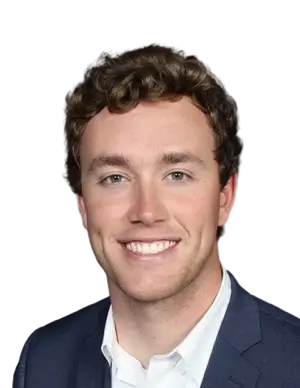
Samuel Hatch
UC San Diego
2025
Sam is a 5th year PhD student in Biomedical Sciences at UC San Diego in Dr. Gene Yeo’s lab, where he studies RNA biology. He is particularly interested in the applications of small nuclear RNAs as both therapeutics and research tools. He completed his BS in biology at the University of Utah, where he worked on therapeutic and diagnostic applications of split-enzyme technology, as well as on the biomechanics of walking and breathing in lizards. He later worked on single B cell technologies for antibody discovery at xCella Biosciences. Outside of research, Sam was a senior associate at the University Venture Fund, co-founder of Nucleate San Diego, and an innovation fellow at Autobahn Labs. In his free time, he enjoys spotting wildlife, scuba diving, aquarium keeping, and fishing.
What is a healthcare advancement you hope to see in your lifetime?
I hope to see gene therapy delivery technology improve in terms of safety, precision, manufacturability, and cargo capabilities. Similarly, I anticipate there will be incredible gains in the technology of gene therapy cargos themselves, becoming safer and more tunable.
What excites you most about working with ARTIS?
I am very excited to work with and learn from the ARTIS team. I am passionate about early-stage ventures, so I think engaging with this world through the TechBio lens is going to be unique and rewarding.
From your perspective, what recent innovation has had the greatest impact in tech/health?
I believe that CRISPR and advanced gene targeting technologies have made an incredible impact on human health. CRISPR has introduced a new paradigm that has impacted related therapeutic modalities, providing a wide array of exciting technologies with great promise for helping patients with previously untreatable diseases.
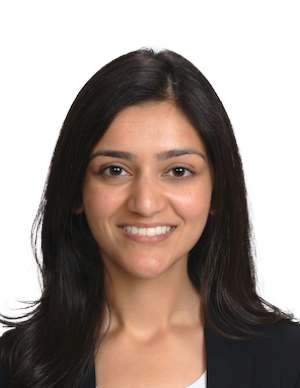
Sneha Jain, MD
Chief Fellow, Cardiovascular Medicine, Stanford
2023
Sneha is a chief fellow in cardiovascular medicine at Stanford University. Her entrepreneurial and research interests focus on the development and clinical trials of AI in healthcare, with a particular passion for initiatives focused on cardiovascular risk reduction.
Sneha received her BS in Economics from Duke University, MD from the Johns Hopkins School of Medicine, and MBA from Harvard Business School. During her time at Harvard Business School, she worked at Moderna Therapeutics and the VC firm Flare Capital. Prior to fellowship, she was an internal medicine resident at Columbia/NewYork-Presbyterian, during which time she was selected as a Silverman Fellow in Healthcare Innovation. In this capacity, she worked with clinical and data science partners to build and deploy the technological infrastructure to identify patients with certain cardiac conditions earlier in the course of their disease. She currently works with the Stanford Center of Clinical Research and the Data Science team. Her work focuses on AI evaluation and implementation into clinical workflow at Stanford. Outside of work, Sneha enjoys hiking, traveling, reading, trying new restaurants, and finding the best cappuccinos in the Bay Area.
HEALTHCARE ADVANCEMENT YOU HOPE TO SEE IN YOUR LIFETIME
A shift to prevention and personalized medicine as the core of healthcare.
WHAT EXCITES YOU ABOUT ARTIS
The incredible team and the opportunity to blend my clinical, innovation, and academic interests in the TechBio space.
MOST INFLUENTIAL CONTENT READ LAST YEAR
The book “The Artist’s Way”, specially for the daily practice of morning pages.
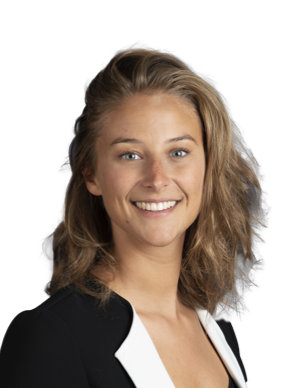
Stella Danek
PhD Candidate, Pandemic Response, Charité Berlin
2023
Stella is a doctoral researcher at Charité Berlin, where she investigates optimal design of vaccination centers drawing on machine learning techniques and policymaker insights.
Stella has always been passionate about healthcare innovation in underserved areas. Accordingly, she has built an interdisciplinary profile combining private and public sector experience at local, national and international level in healthcare. She studied health economics, politics, and history at Sciences Po Paris, London School of Economics, and London School of Hygiene and Tropical Medicine.
Following her studies, she worked as a project manager and consultant with a focus on market access and business strategy at the OECD, the Red Cross, the German Federal Ministry of Health and McKinsey & Co.
At McKinsey, Stella advised clients across pharma, medtech and global public health. When the COVID-19 pandemic broke out, she joined the German Ministry of Health’s COVID response unit, coordinating the development of national testing and vaccination strategies.
Stella augmented her strategic skillset with more hands-on experience in product design and innovation as a Biodesign Innovation Fellow at Stanford University in emergency medicine and as mentor for social innovation and healthcare start-ups, with a focus on women's health projects.
Stella is currently based in Europe. In her free time, she enjoys hiking, surfing, board games, and DIY projects.
MOST INFLUENTIAL CONTENT READ LAST YEAR
Re-read Daniel Kehlmann’s “Measuring the World”. The novel juxtaposes two ways of exploring planet earth and how it works: on one side geographer Humboldt’s empirical exploration hiking mountains, measuring trees, collecting specimen. On the other side, mathematician Gauss’ theoretical exploration through equations.
WHAT EXCITES YOU ABOUT ARTIS
The bold multifaceted vision of future healthcare, investment with a platform lens, and a fantastic team!
HEALTHCARE ADVANCEMENT YOU HOPE TO SEE IN YOUR LIFETIME
Healthcare services and financing mechanisms that allow for equitable access to novel therapies independent of individual wealth, location and origin.
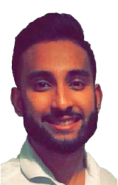
Tom Thomas, MRCP
PhD Candidate, Oxford
2021
Tom is currently a DPhil student at the University of Oxford. As part of his PhD, he is using longitudinal single cell RNA sequencing (scRNA seq) to decipher the cellular determinants of anti-TNF therapy response across inflammatory bowel disease and rheumatoid arthritis.
Tom graduated from the University of East Anglia (Norwich, United Kingdom) and did his internship at the Queen Elizabeth Hospital in Birmingham. He is currently a practising physician at the John Radcliffe Hospital in Oxford.
Tom has published over 30 research papers in medicine, across gastroenterology, rheumatology and mental health. He has peer-reviewed for Gut, Clinical Gastroenterology and Hepatology, Annals of the Rheumatic Diseases and Rheumatology. As part of his role as the Arthritis Therapy Acceleration Program (ATAP) Fellow at the Kennedy Institute of Rheumatology, he has collaborated with multiple biotech and pharmaceutical companies on early research and development as well as clinical trial design. Tom has previously interned at GE Healthcare Finnamore (now GE Healthcare Partners), a management consulting firm.
HEALTHCARE ADVANCEMENT YOU HOPE TO SEE IN YOUR LIFETIME
Moving from a standardised 'one size fits all' approach in the treatment of immune-mediated inflammatory diseases to a more targeted treatment approach, driven by examination of molecular pathotypes of inflammation in individual patients.
GREATEST IMPACT IN TECH/HEALTH
scRNA sequencing, in conjunction with a deeper understanding of the tissue microenvironment courtesy of spatial transcriptomics and in time, high throughput single cell proteomics, will change modern medicine across the coming decades. Combining the transcriptomic profile of cells with high throughput single cell proteomics will hopefully not only enable deeper understanding of biology but also enable a lower failure rate in drug development.
GREATEST ACCOMPLISHMENT
Graduating from medical school at 21 years old.
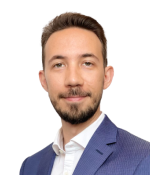
Tommaso Menara, PhD
Postdoc, UCSD
2022
Tommaso is a Postdoctoral Scholar at the University of California, San Diego. He received his training in multiple engineering disciplines, with a particular emphasis on neural engineering and robotics. He completed his B.Sc. at the University of Padova, Italy, M.Sc. at the University of Pisa, Italy, and PhD at the University of California, Riverside.
Tommaso's current research interests lie in the emerging intersection of neuroscience, machine learning, and control engineering. He studies biologically inspired recurrent neural networks. Previously, he focused his PhD thesis on reverse engineering brain-wide neural synchronization phenomena to inform novel neurostimulation and neural therapeutics methods. During his graduate studies, he also interned at the Advanced Telecommunications Research Institute International (ATR) in Japan, where he developed data-driven models for neurofeedback therapies.
Outside of work, Tommaso loves spending time outdoors. Besides being an avid hiker and backpacker, he enjoys surfing, golfing, and skiing.
HEALTHCARE ADVANCEMENT YOU HOPE TO SEE IN YOUR LIFETIME
Unraveling the structure-function relationship in the human brain may become possible in a not-so-distant future thanks to relentless advances in probing technologies. Understanding the mapping between the brain’s anatomical organization and its complex dynamics will inform the development of novel, system-wide interventions for neurological and psychiatric disorders.
GREATEST ACCOMPLISHMENT
Successfully advocating for the creation of a Covid Relief Fund for international students affected by financial hardships.
MOST INFLUENTIAL CONTENT READ LAST YEAR
"The man who mistook his wife for a hat and other clinical tales” by the neurologist O. Sacks. It contains a collection of the most unique case histories of the author’s patients. Besides many touching stories, the book provides insightful examples of how the advent of modern brain probing techniques allowed scientists to shed a light on the most unusual outcomes of neurological damage.
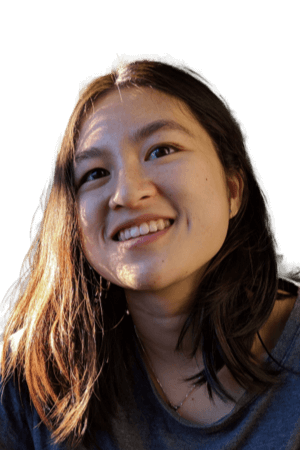
Tracy Lou
Senior Fellow
2023
Tracy is a biophysics PhD student at UCSF where she is co-advised by Katherine Susa and Jim Wells. Prior to graduate school, she spent time in the Narlikar lab studying chromatin phase separation. She previously studied mathematics and biochemistry at UC Berkeley where she also worked in the Heald lab investigating novel regulators of mitotic spindle assembly. She has diverse interests and appreciates exploring biology at different scales.
Her current research focuses on transmembrane signaling in immune cell receptors, with the ultimate goal of enabling new therapeutic approaches to modulate immune cell function. She is leveraging proteomics, protein engineering, and biophysical approaches to understand how these receptors function and how their signaling pathways can be tuned.
Outside of science, she enjoys running, reading, backpacking, skiing, and culinary snobbery
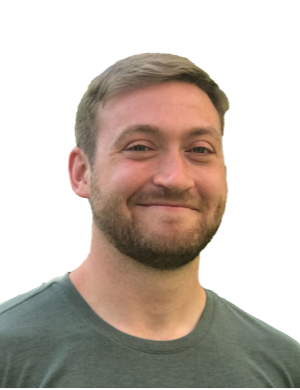
Will Corcoran
PhD Candidate, Synthetic Biology, Northwestern
2023
Will is completing his PhD at Northwestern University in the labs of Dr. Josh Leonard and Dr. Gabe Rocklin, researching at the interface of mammalian synthetic biology and protein design to engineer new synthetic receptors and further our understanding of how they function. Prior to Northwestern, he worked at Amyris, a synthetic biology company aiming to produce renewable products through metabolic engineering, and before that he received his undergraduate degree in Biology from Carleton College. Outside of work, Will enjoys spending as much time as possible outside by playing soccer, biking around Chicago, and canoeing and fishing his way through northern Minnesota.
HEALTHCARE ADVANCEMENT YOU HOPE TO SEE IN YOUR LIFETIME
I would love to see rare genetic disorders become more treatable. We’re still in the early stages of creating effective gene therapies, which is gaining greater clinical success year after year.
GREATEST ACCOMPLISHMENT
Once catching an adult snapping turtle from a lake with my bare hands.
GREATEST IMPACT IN TECH/HEALTH
We’re still in the early stages but beginning to see the fields of computational and de novo protein design take off. With the recent advancements in structural prediction from sequence alone, and design from protein language and diffusion models, I think that the protein engineering community is poised to make some incredible advancements for therapeutics and biotechnology within the next decade.







